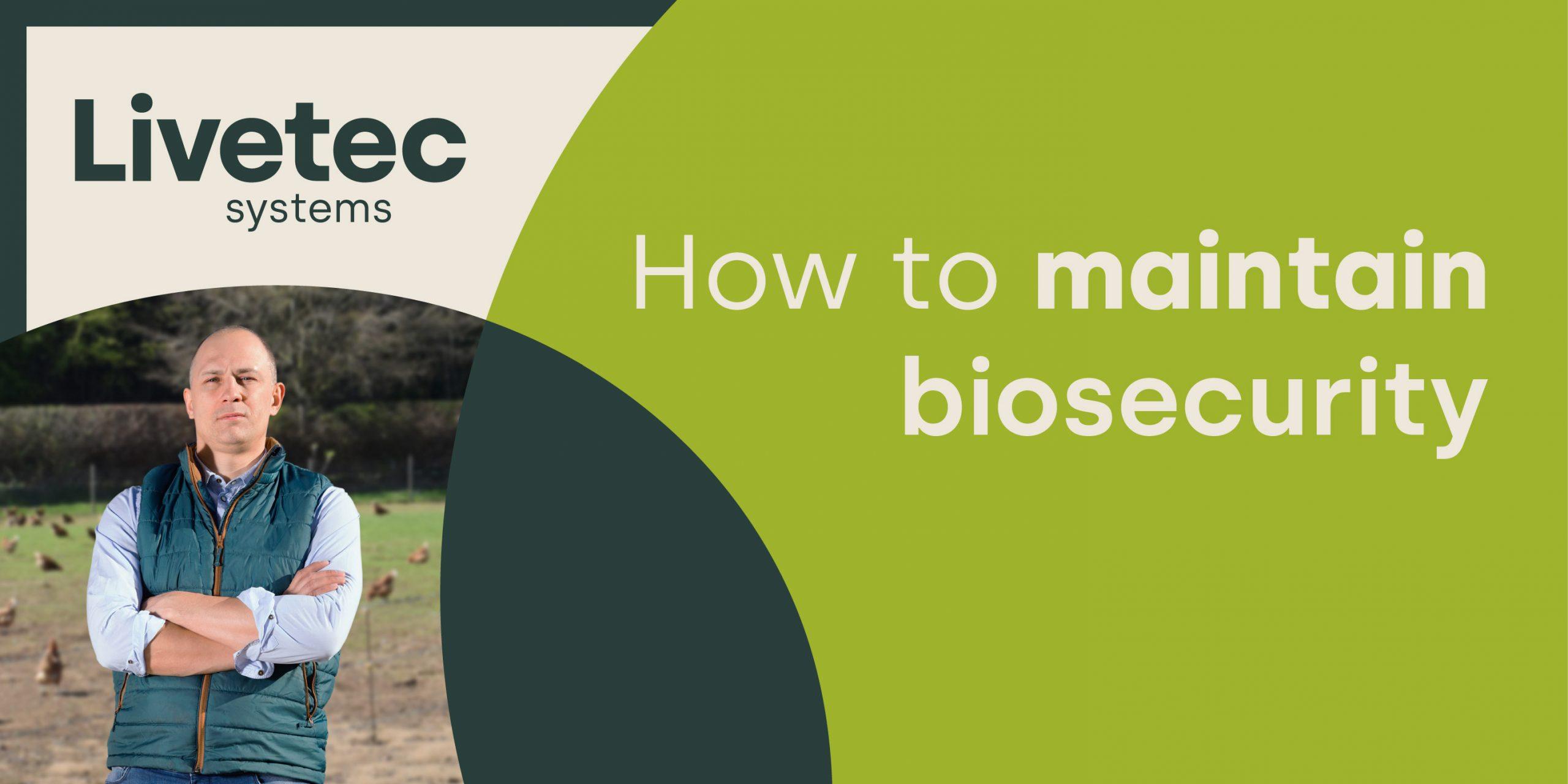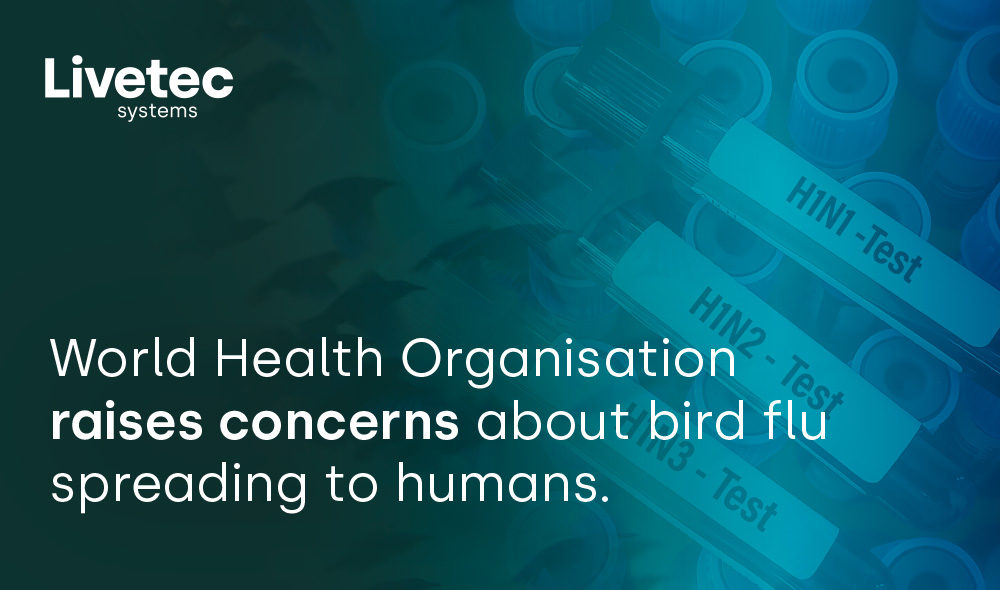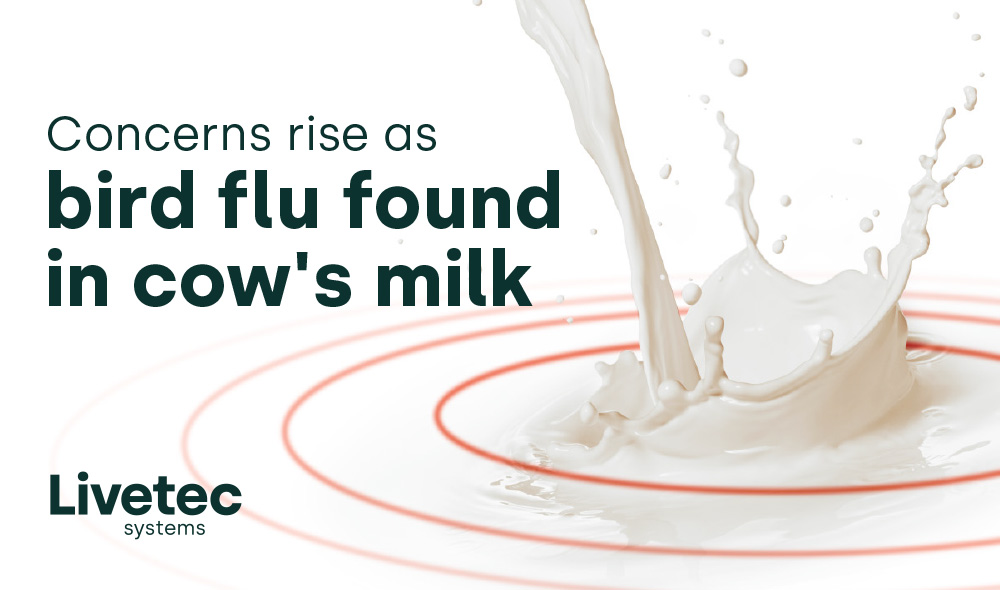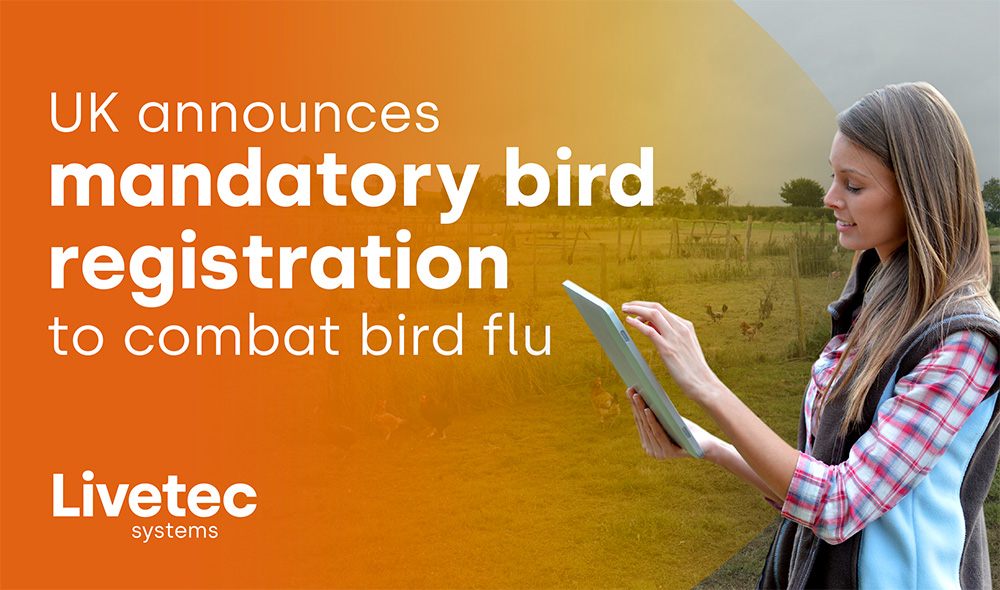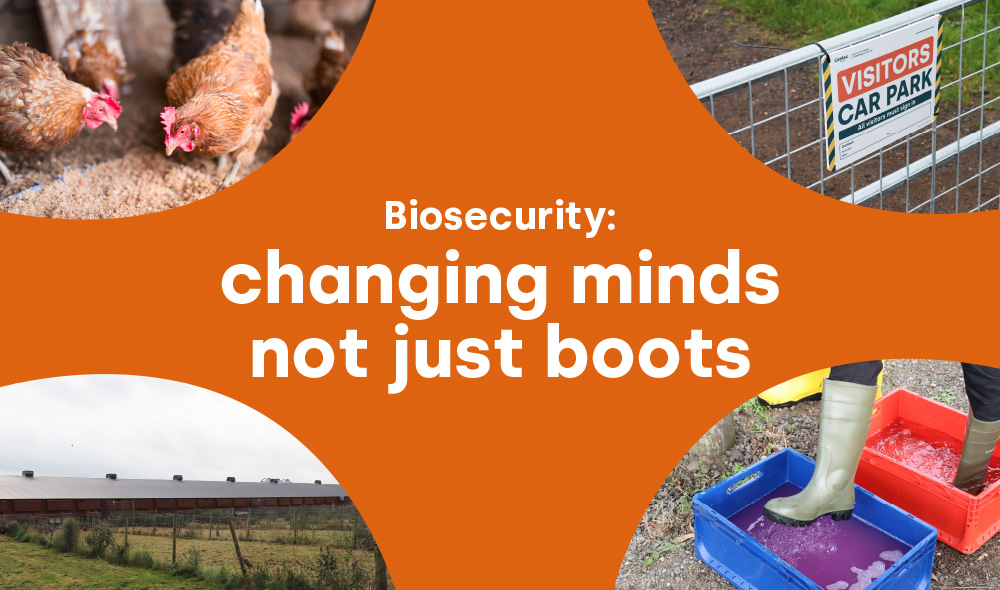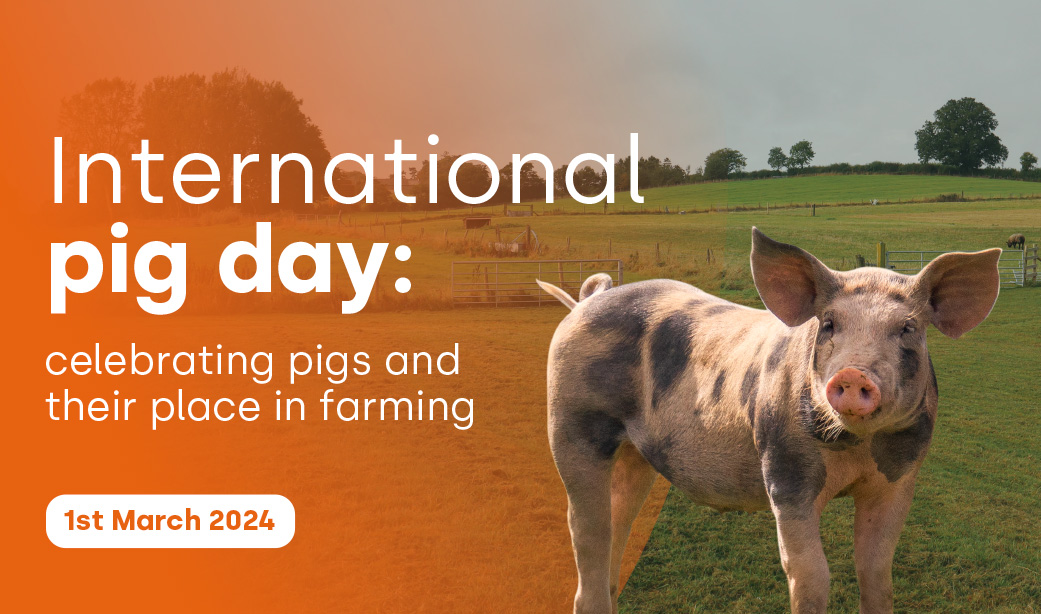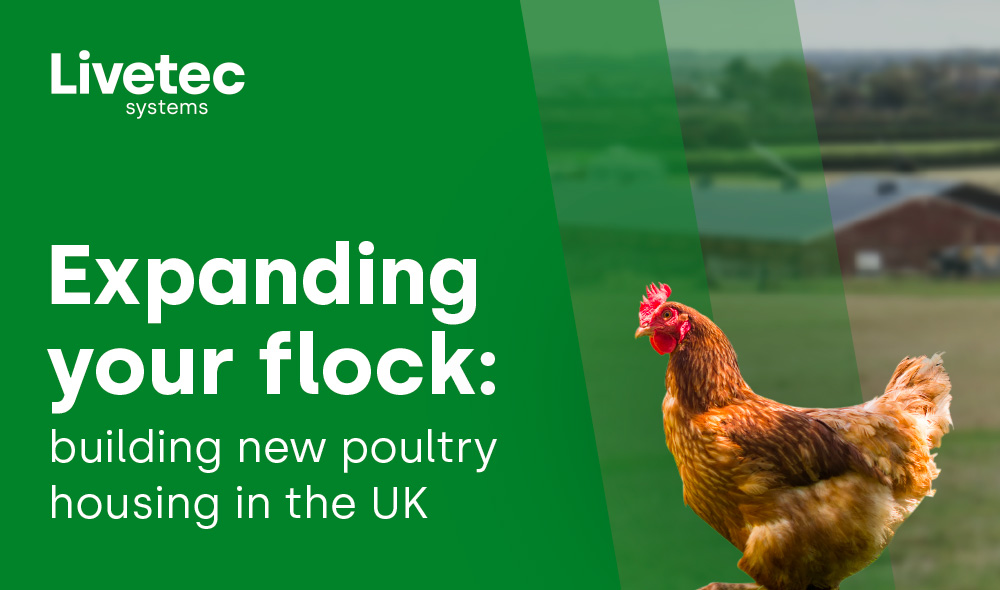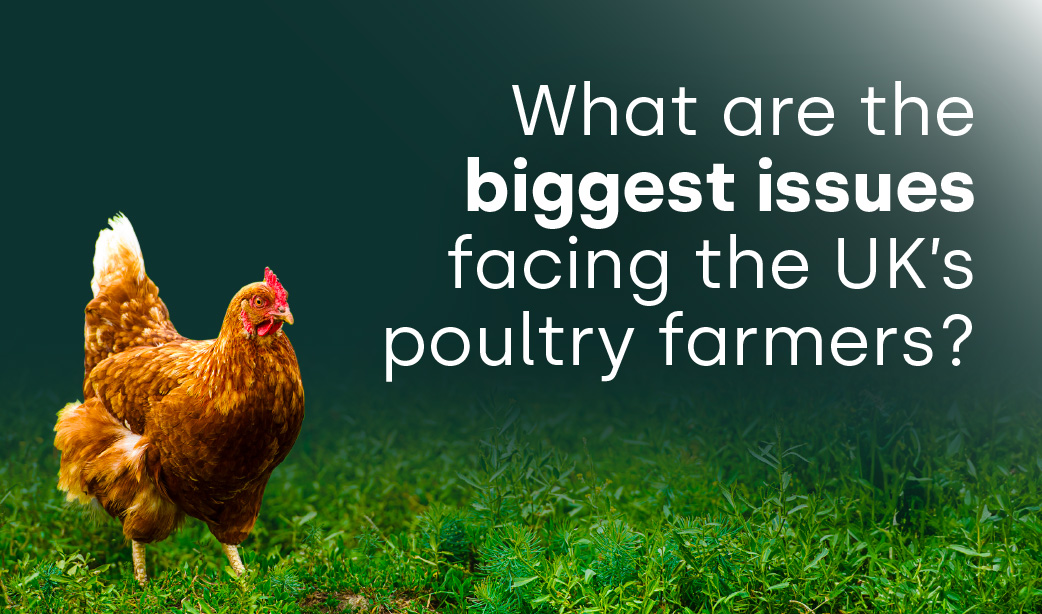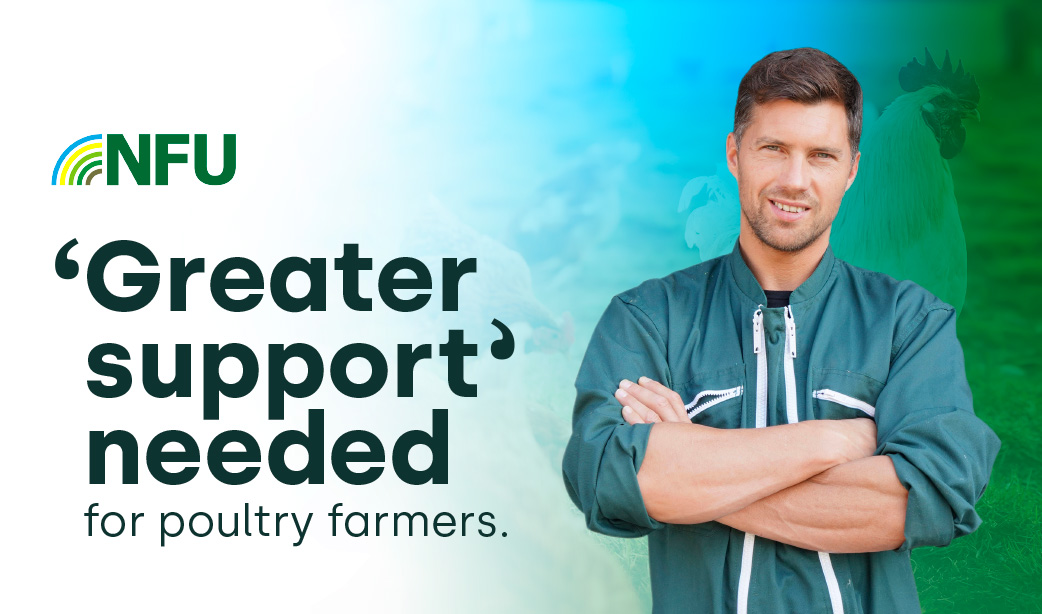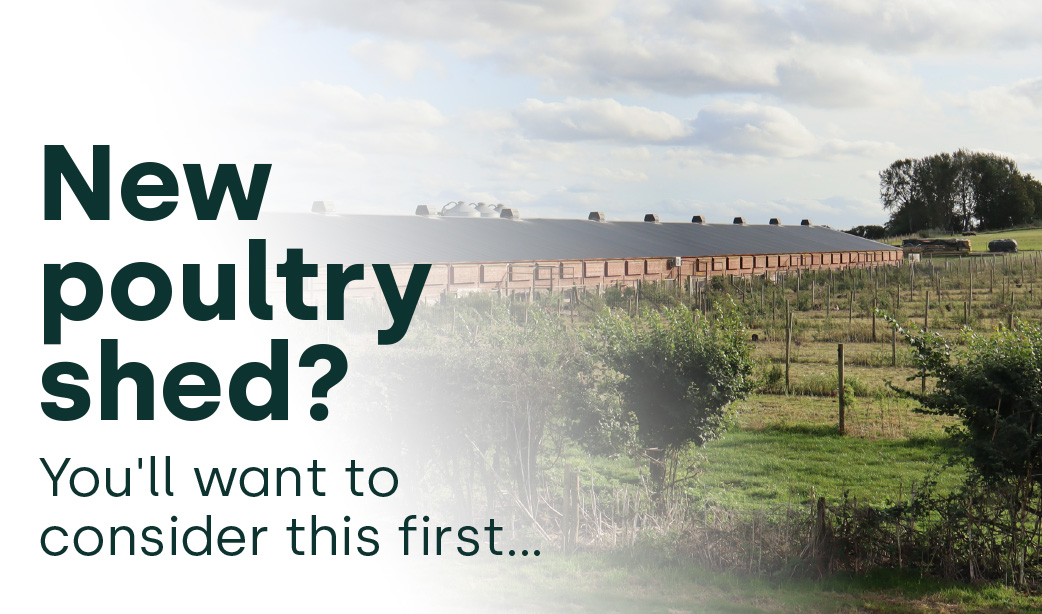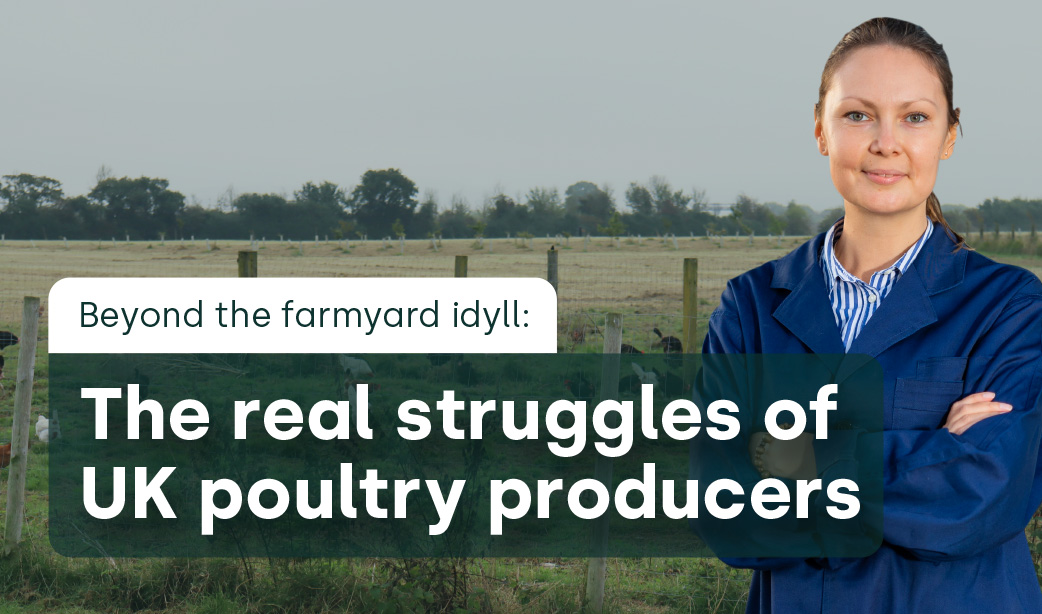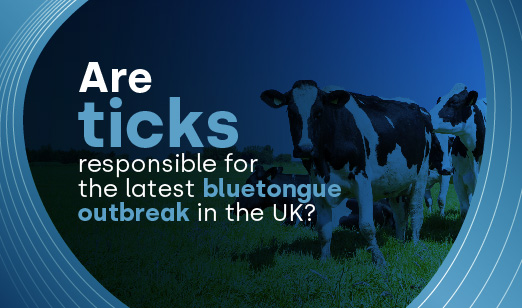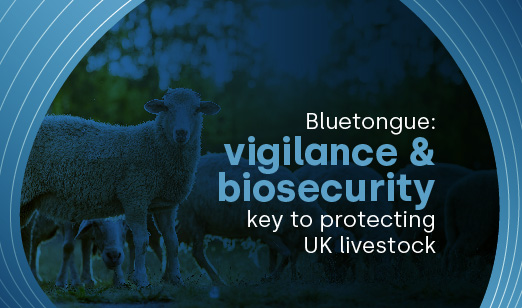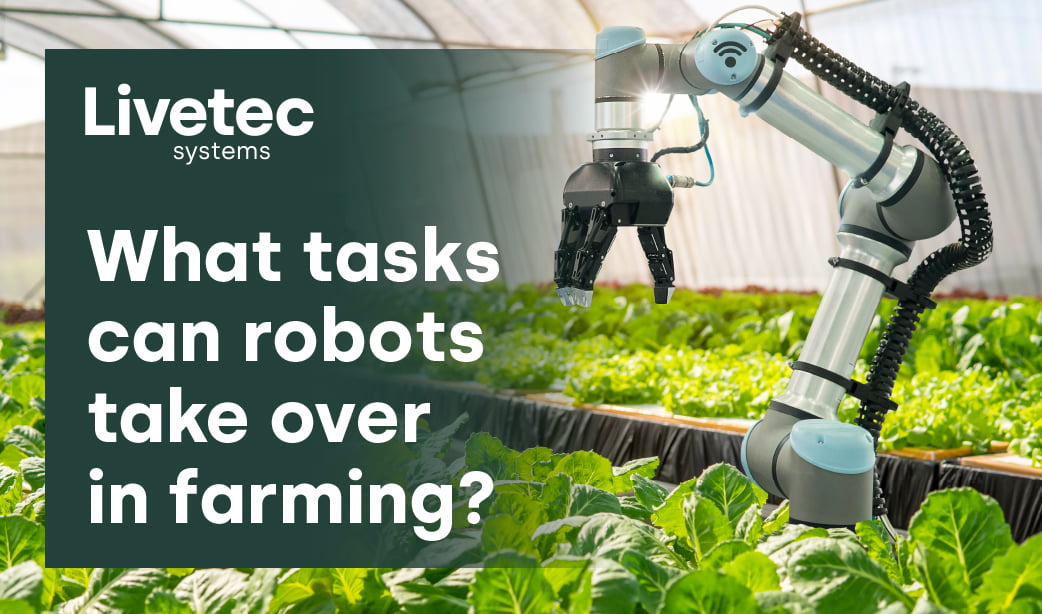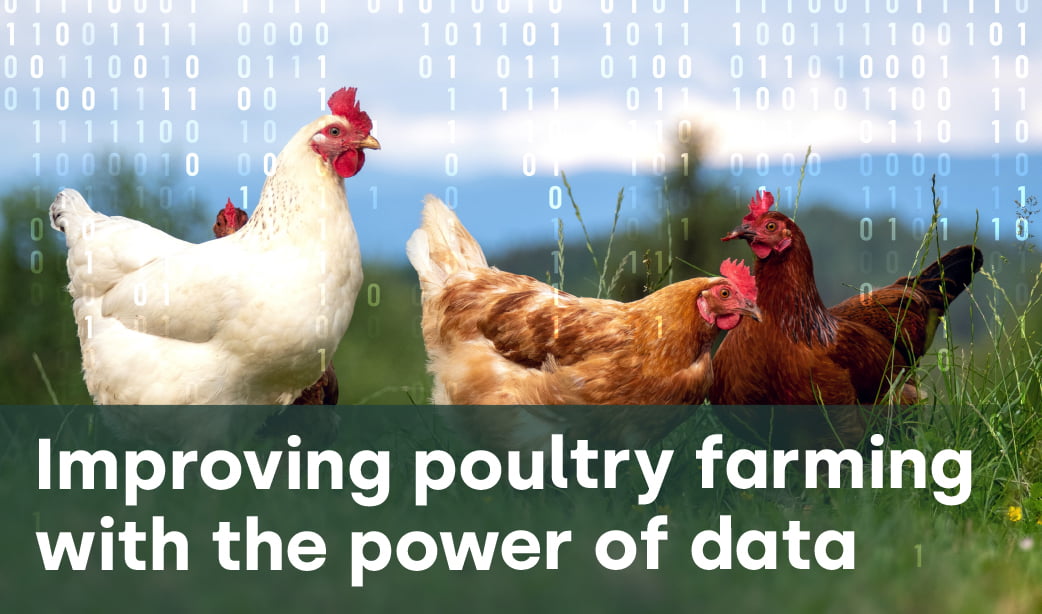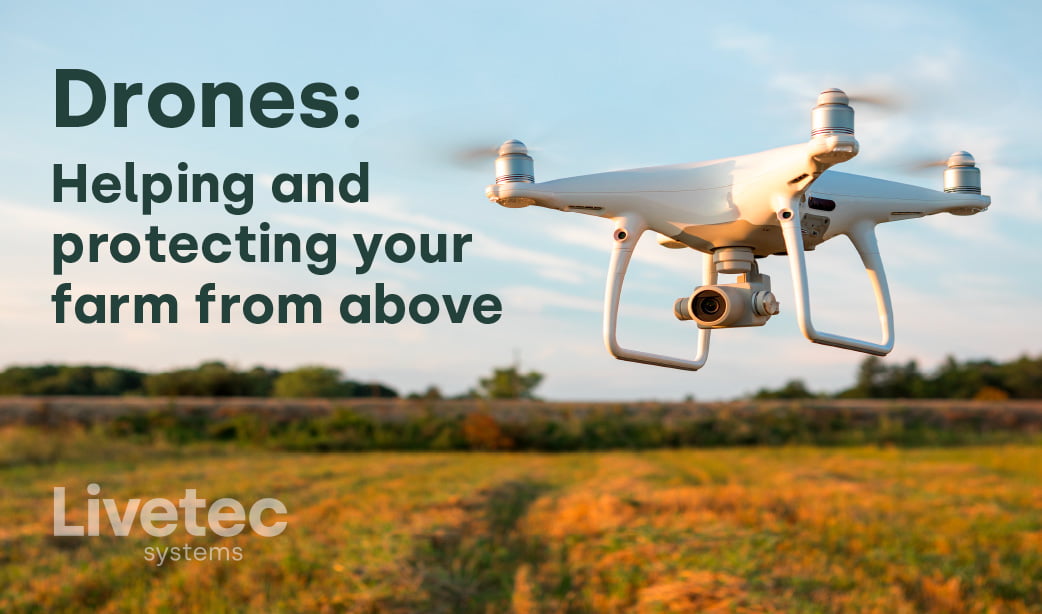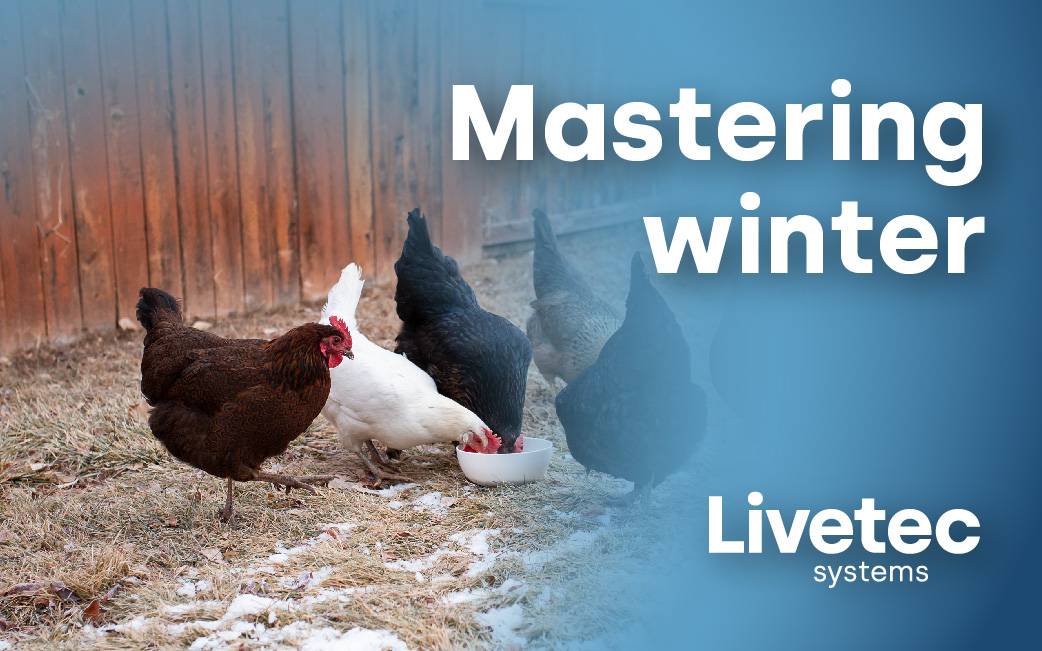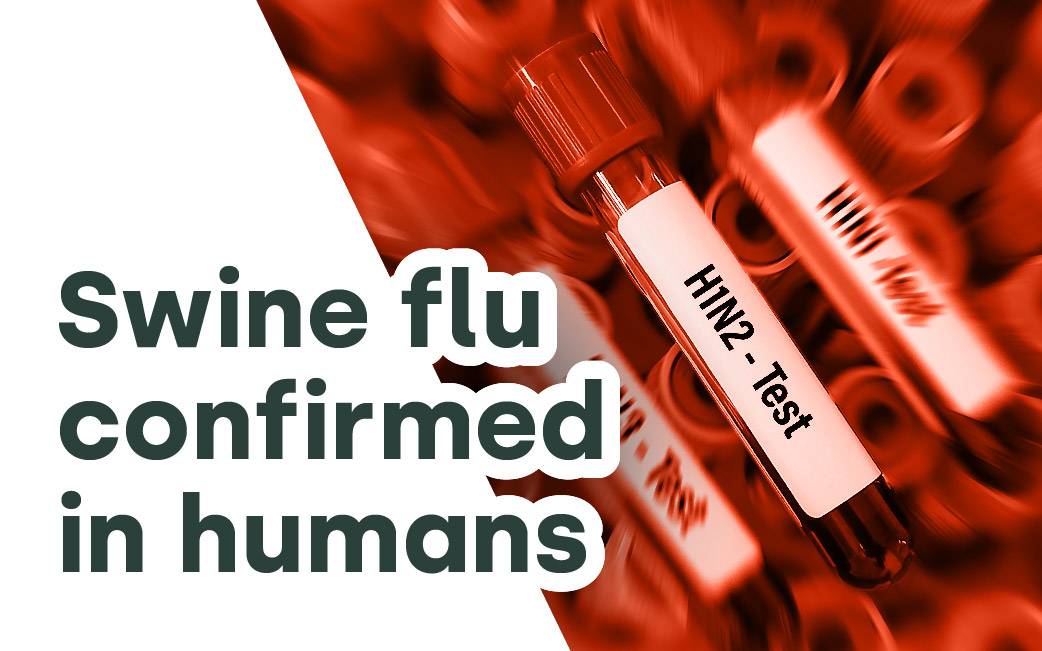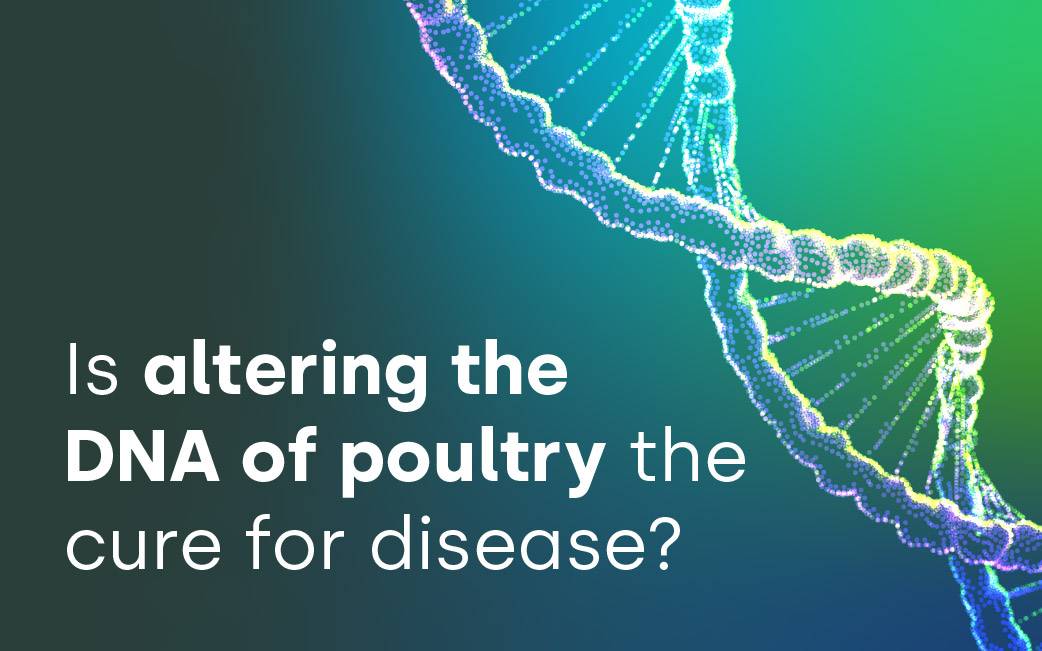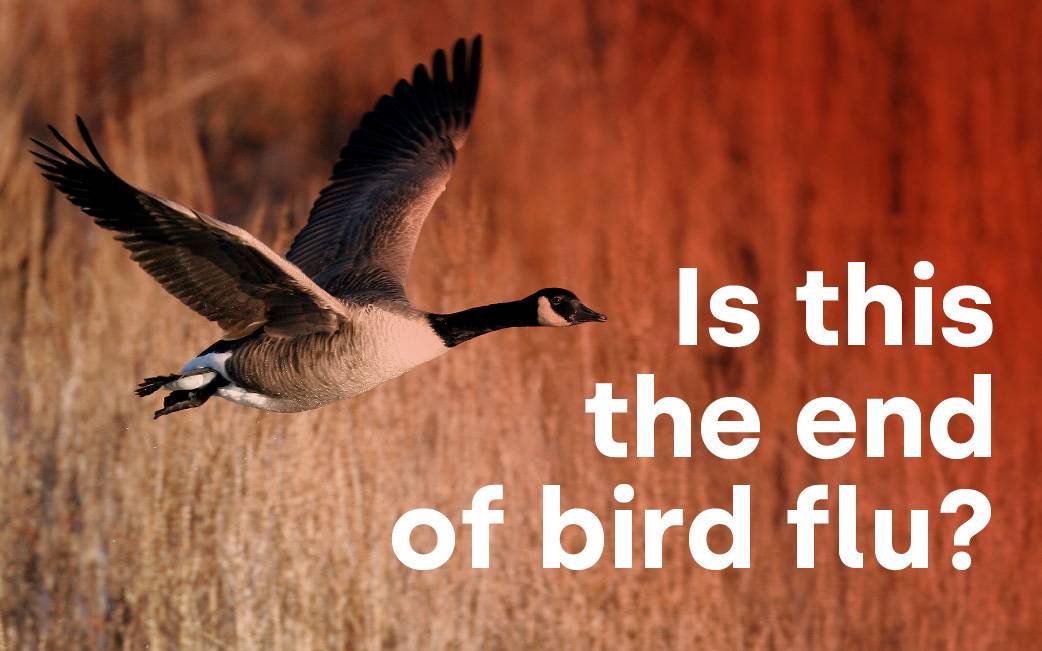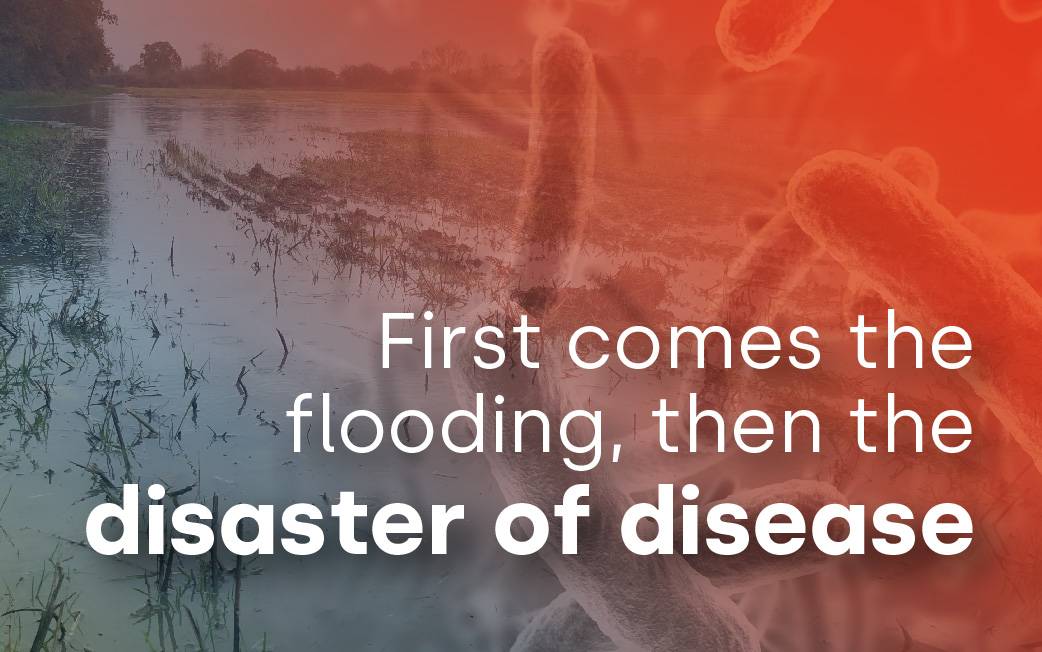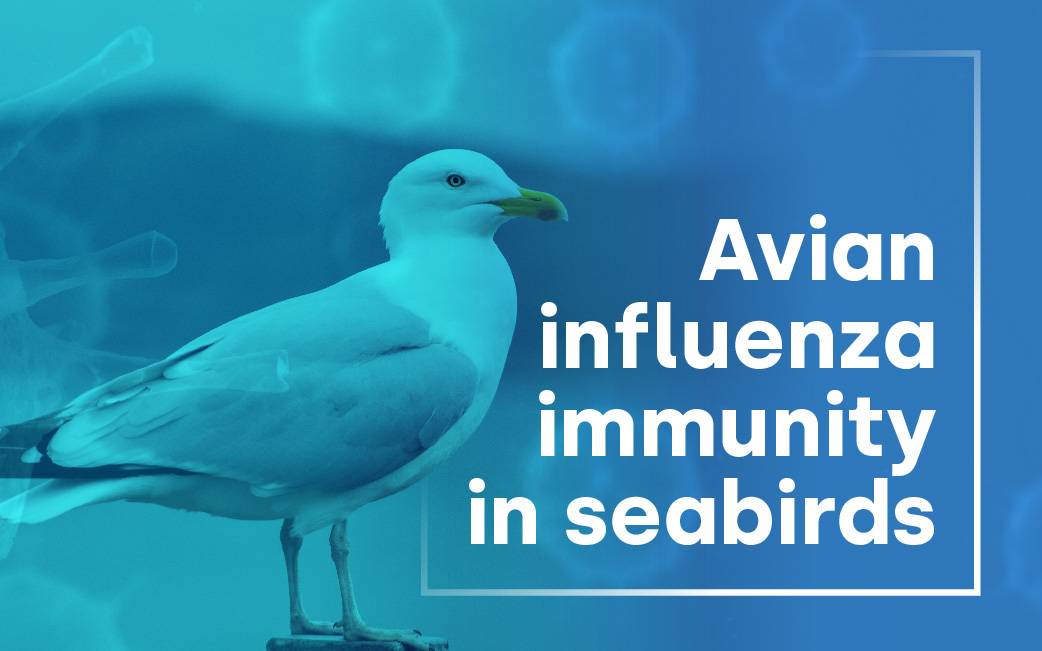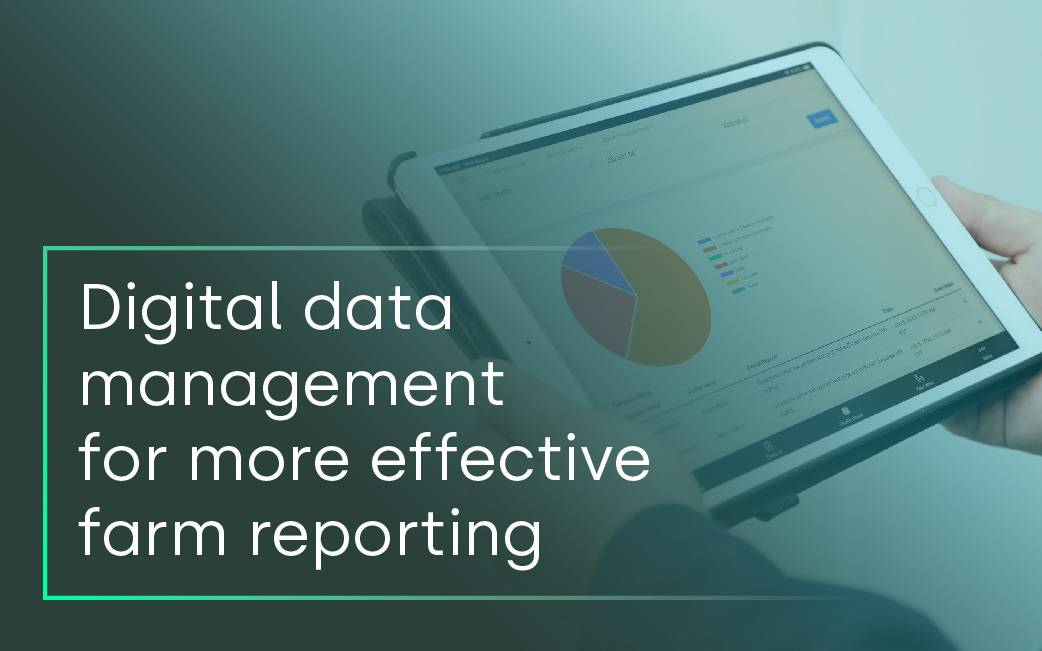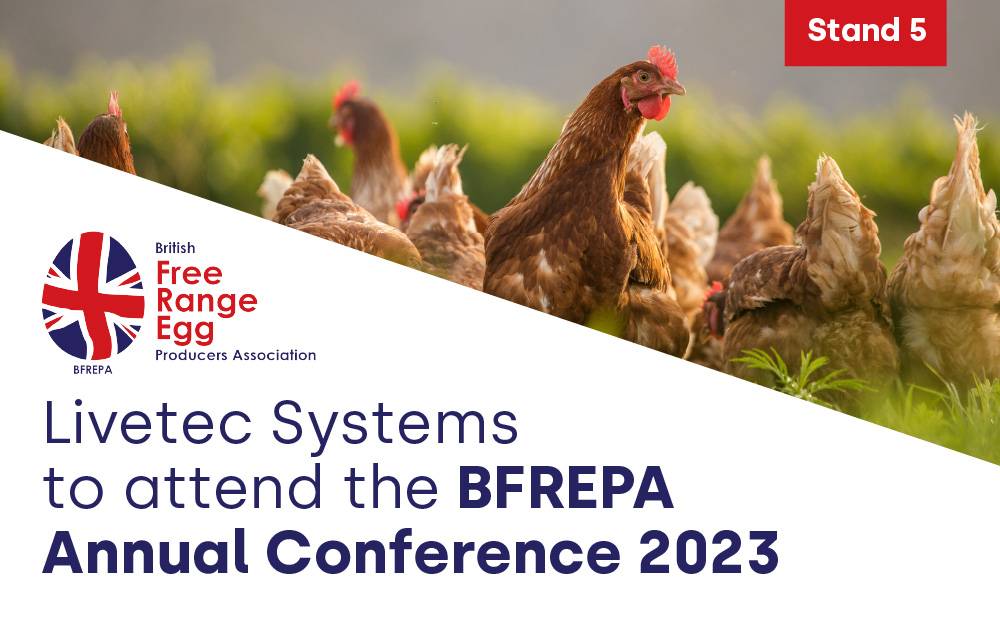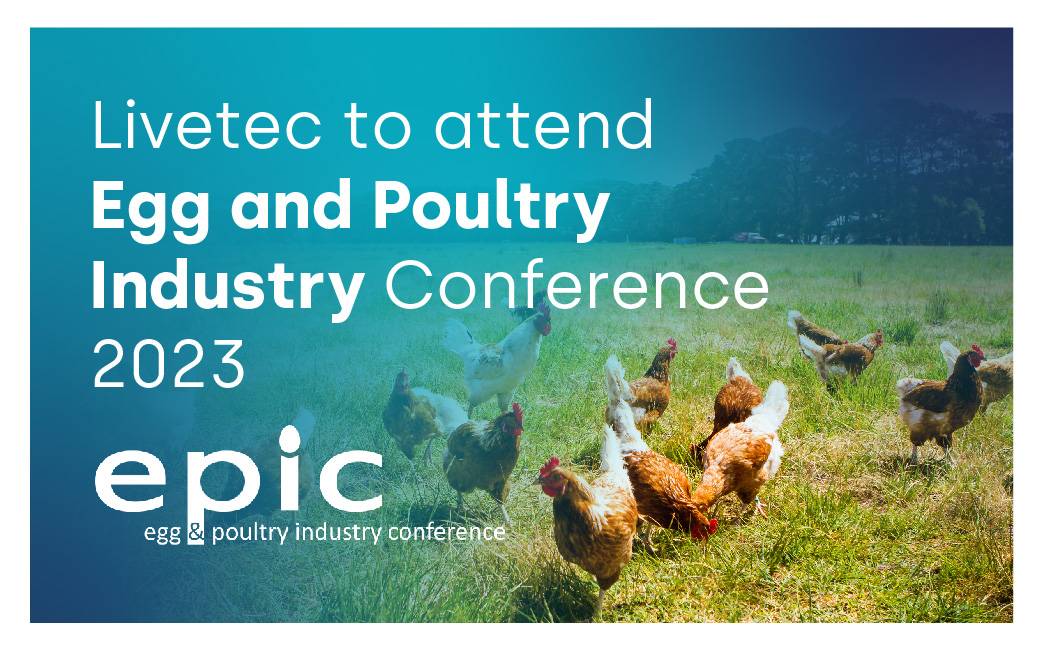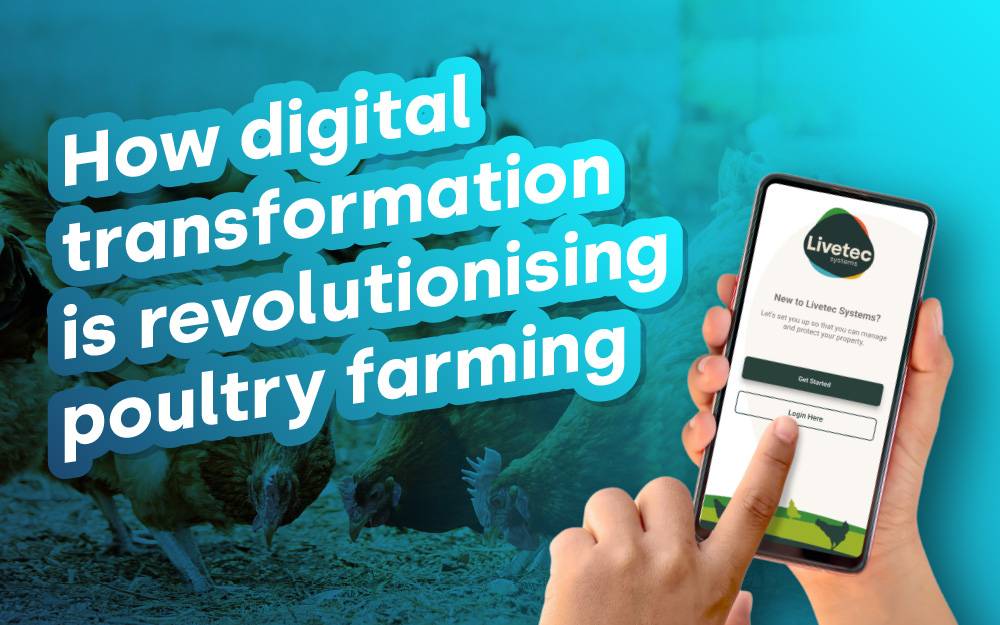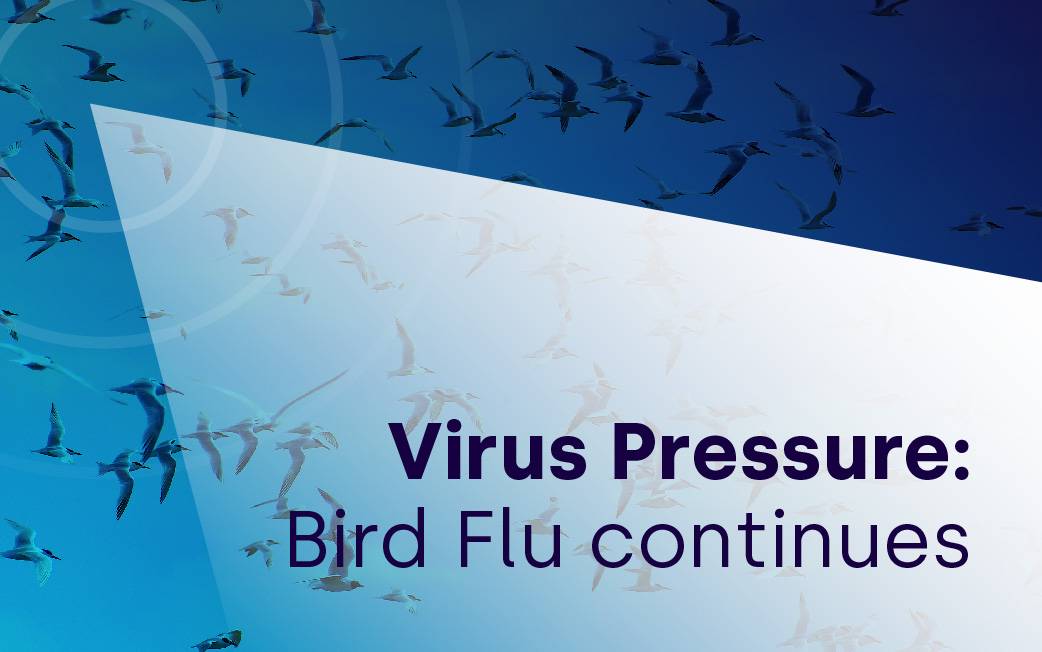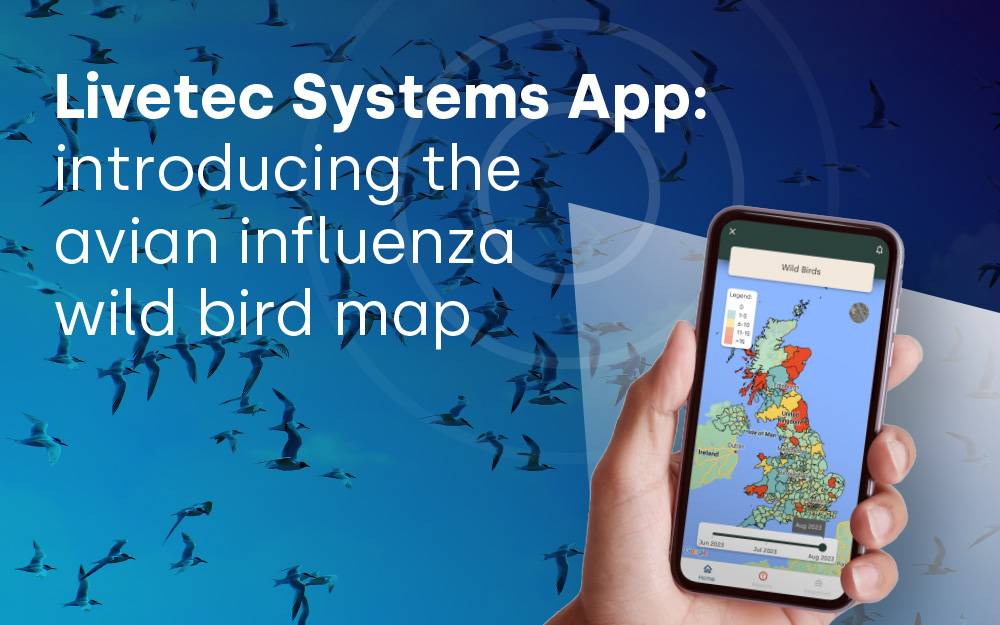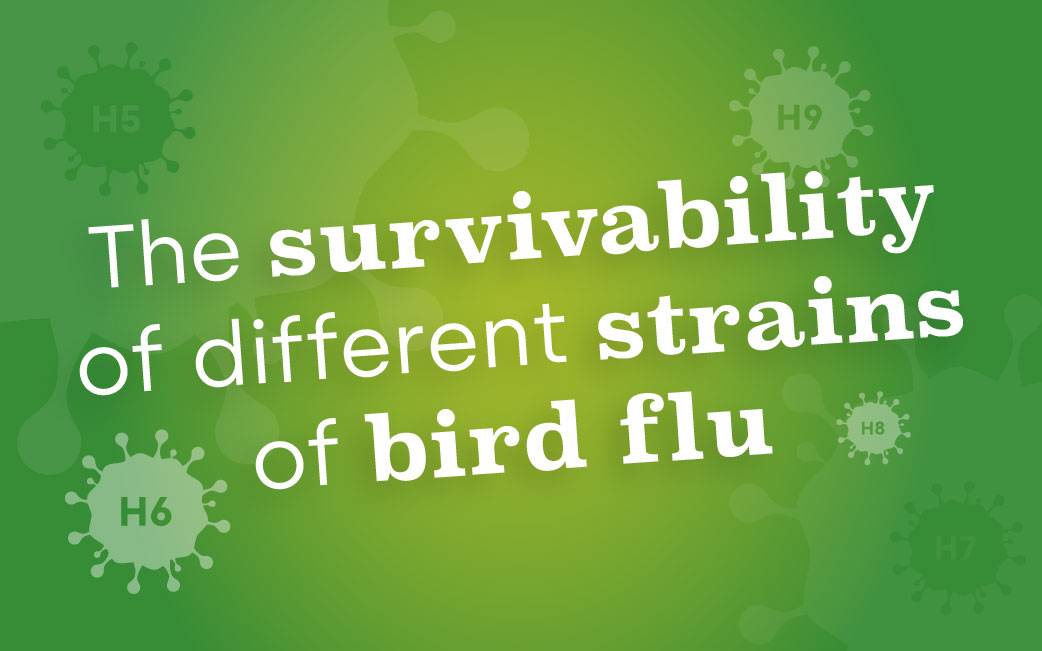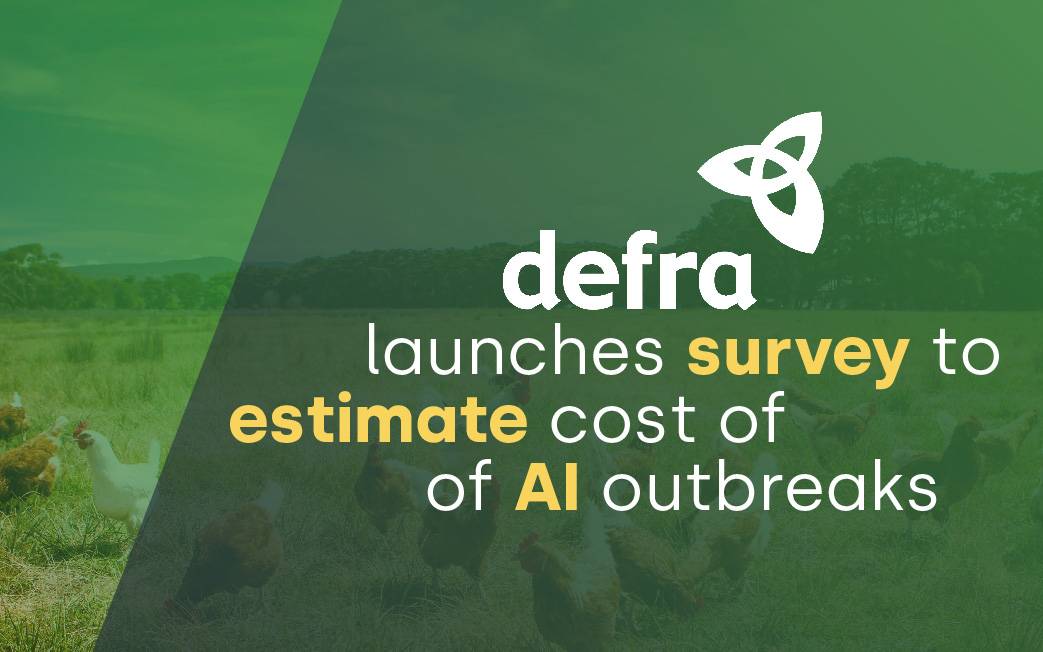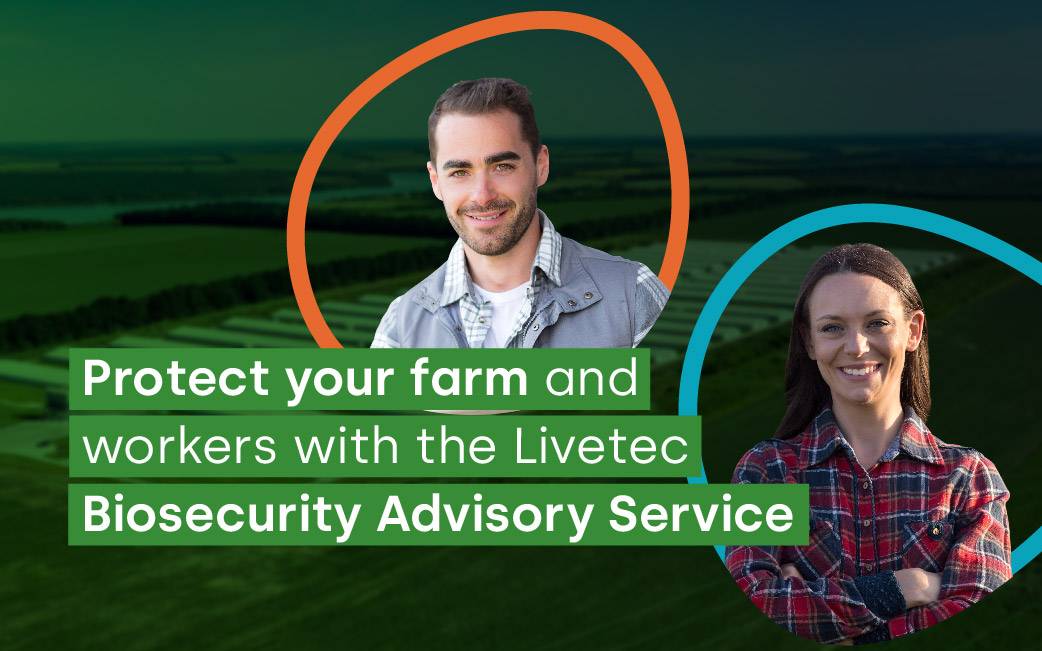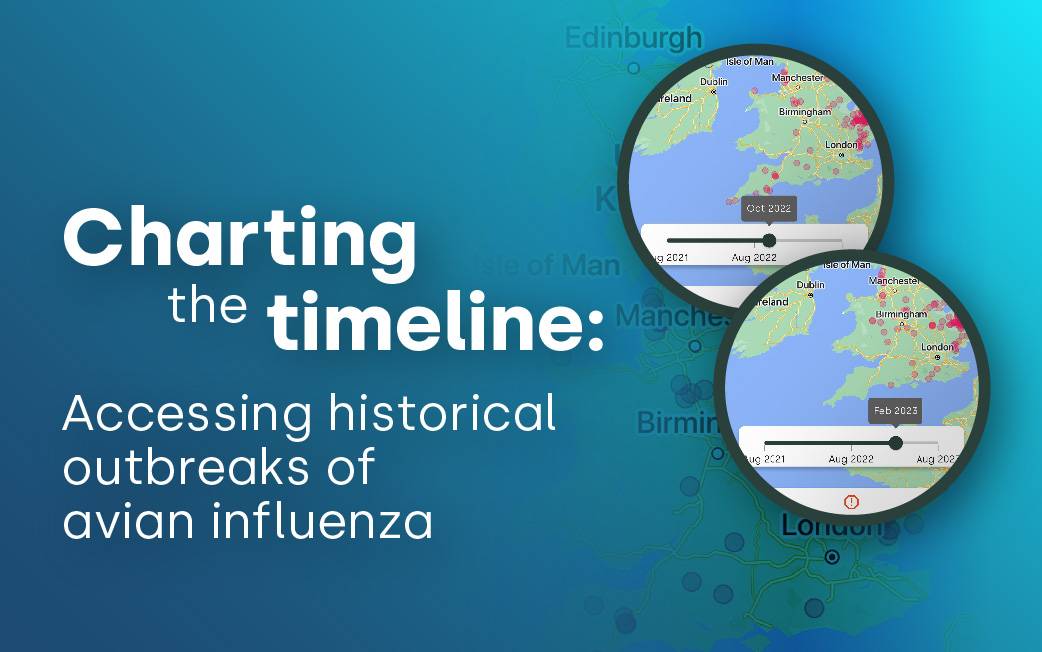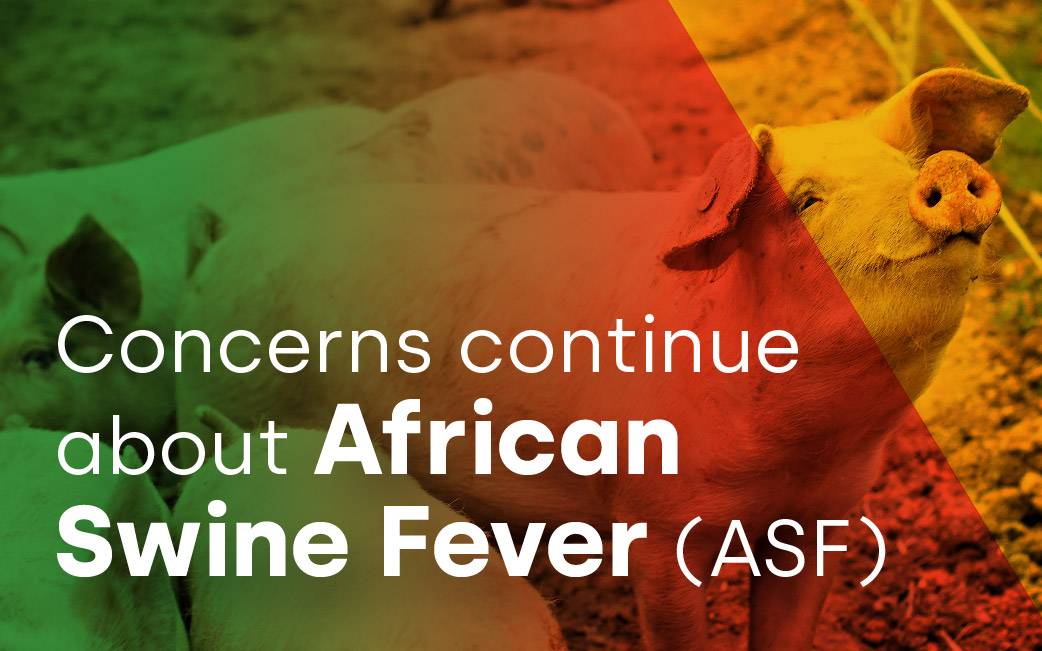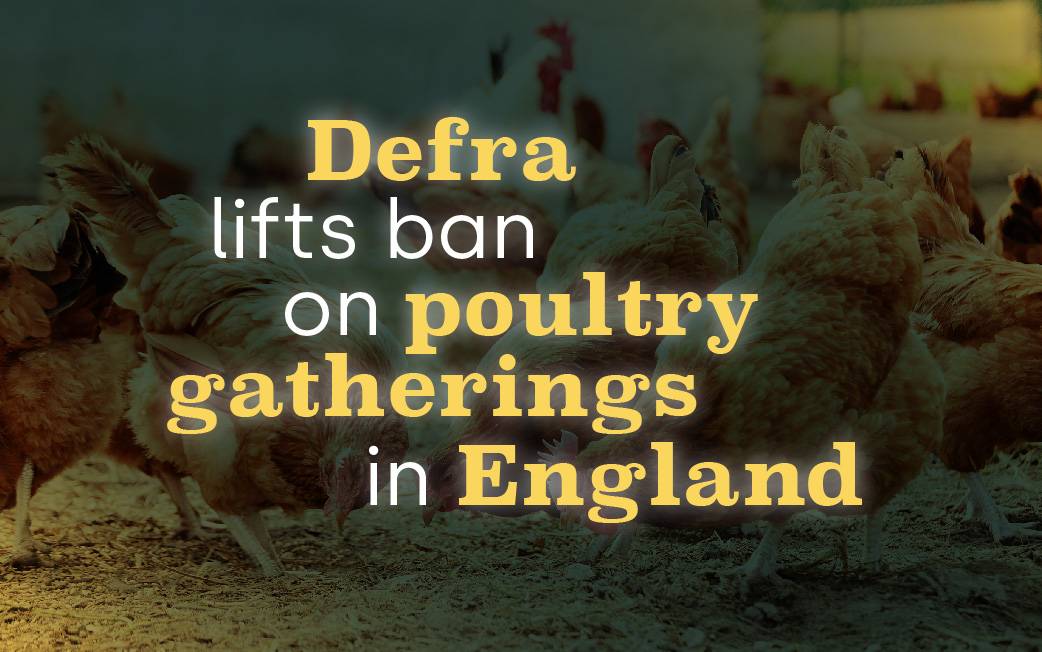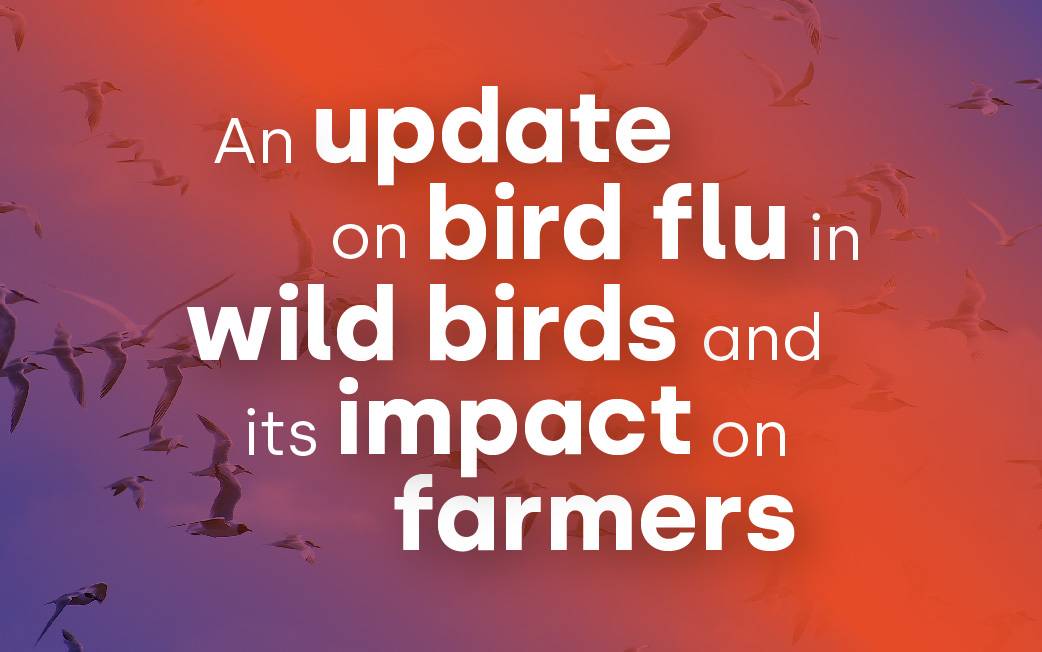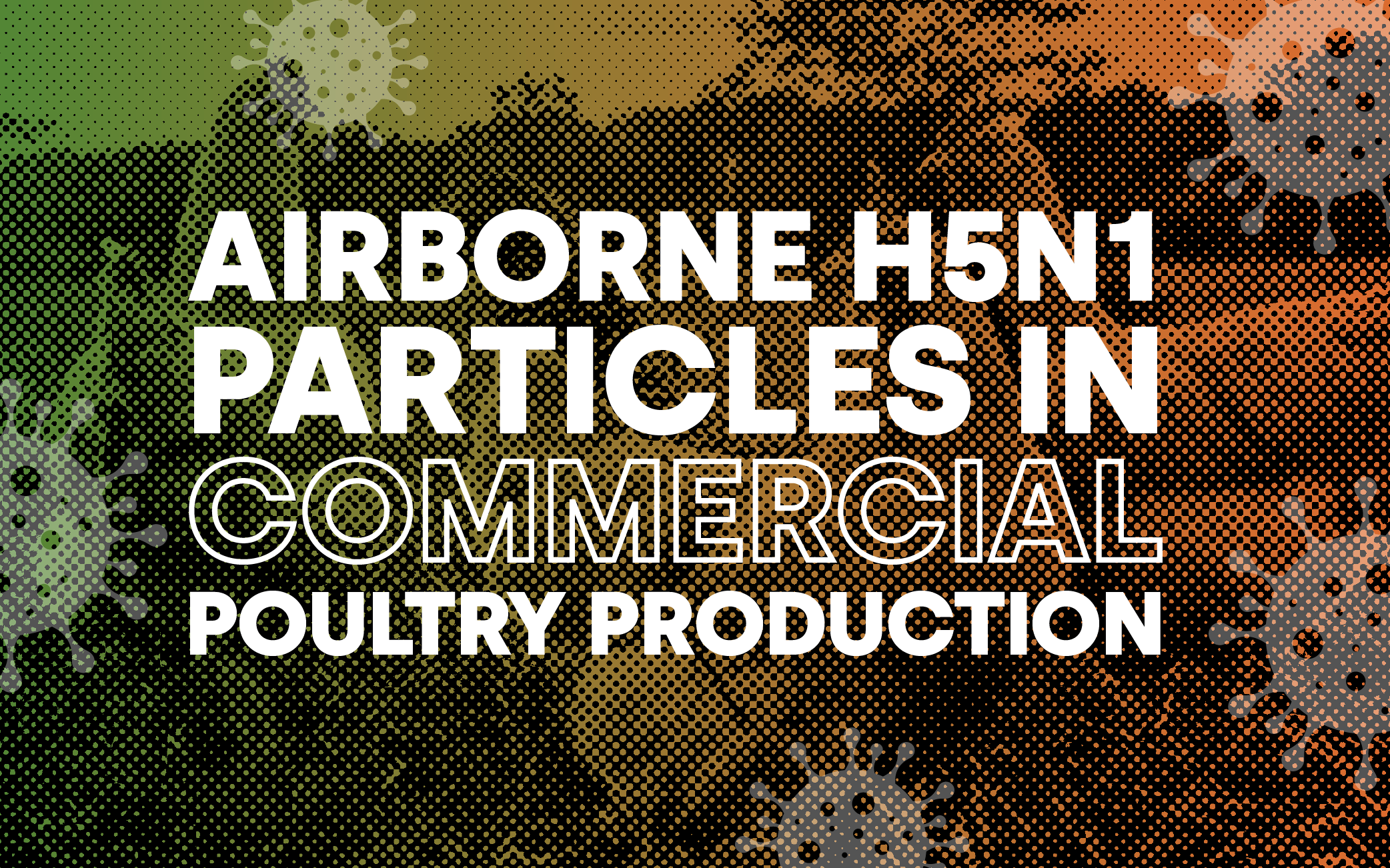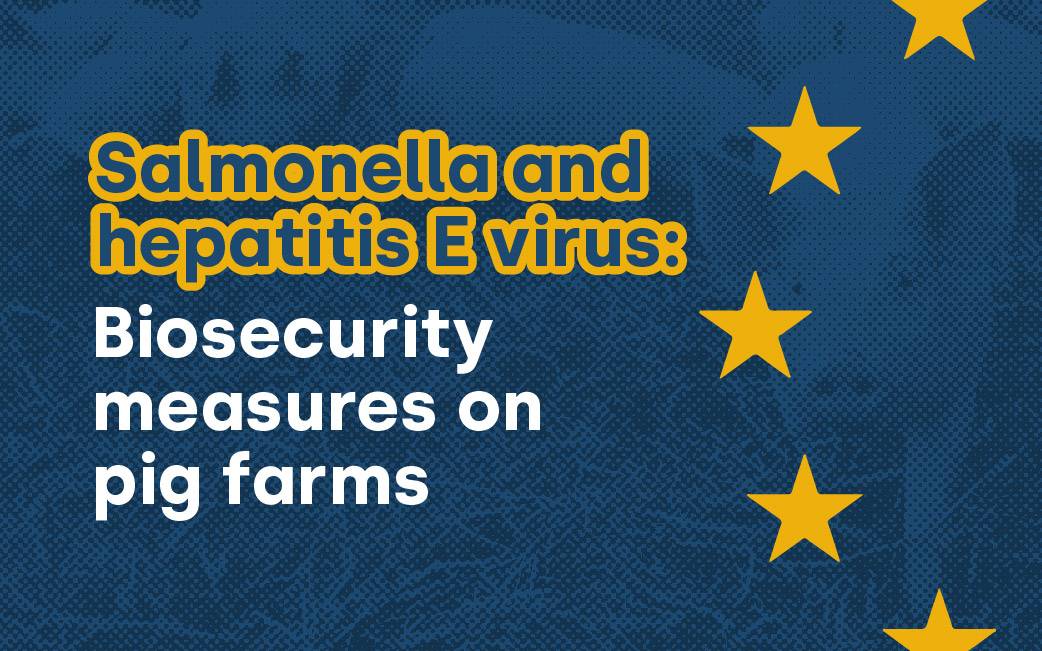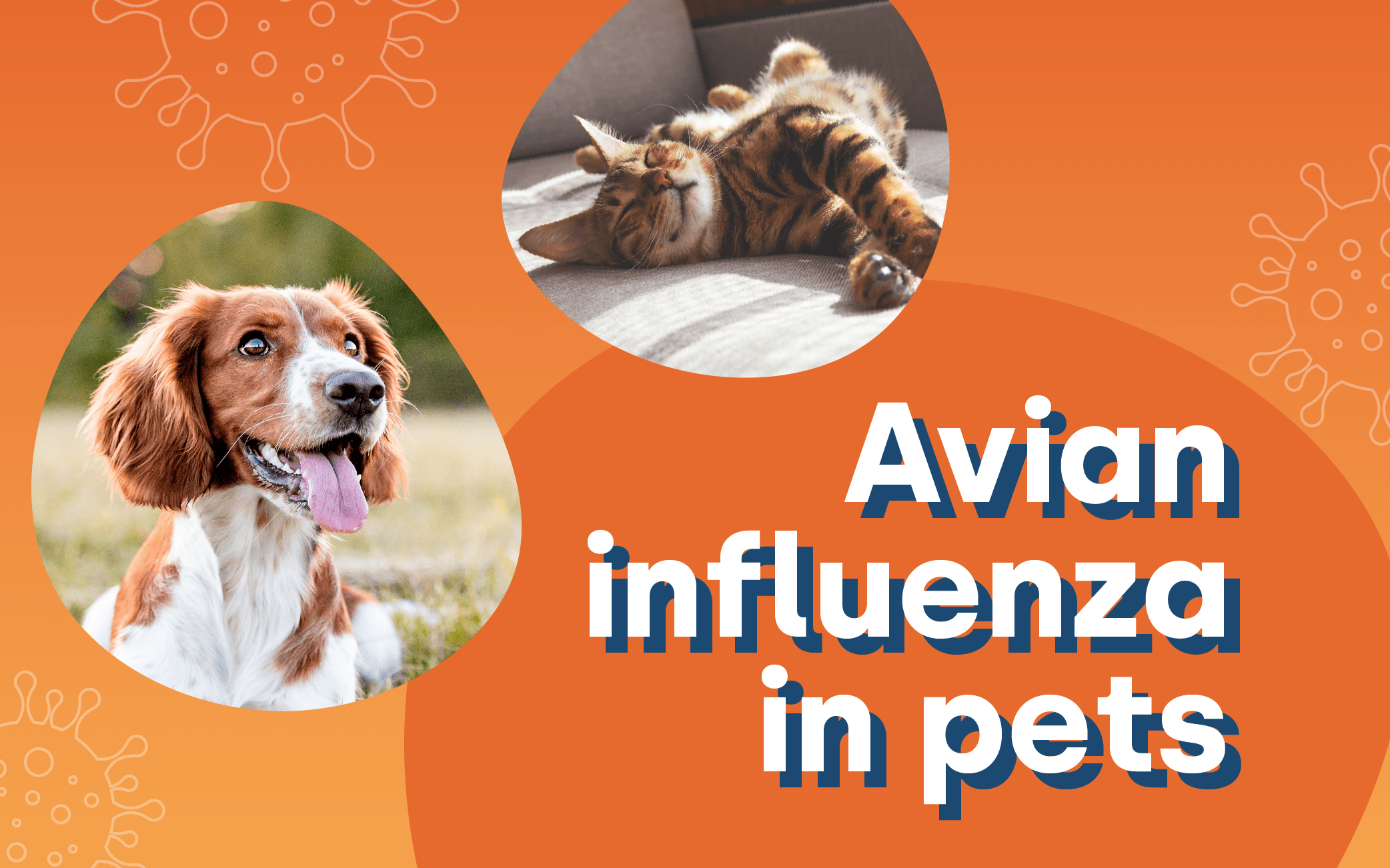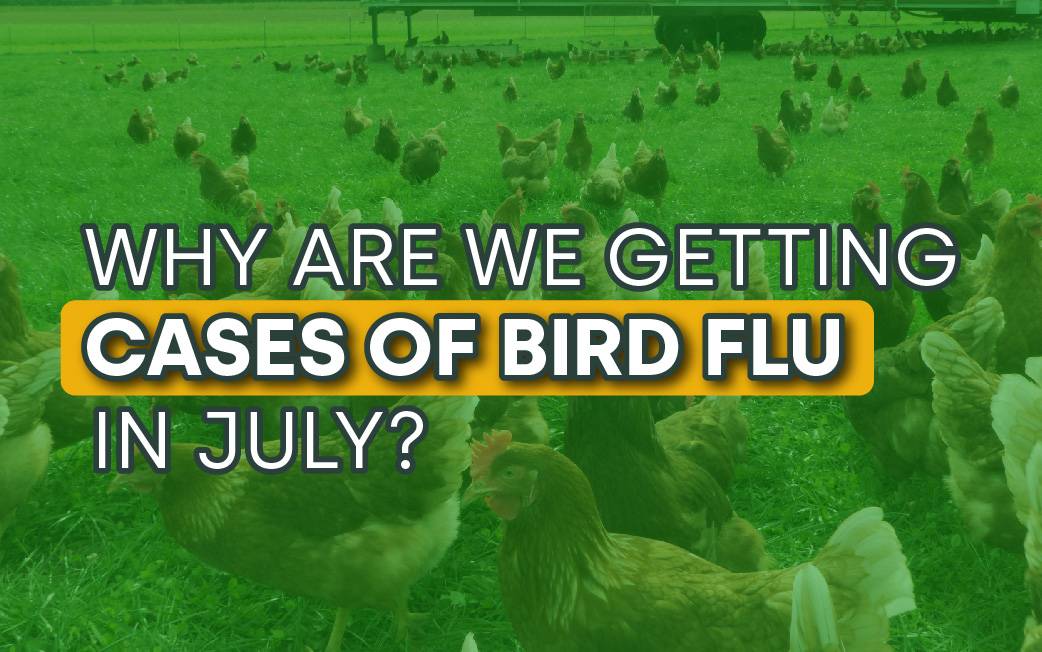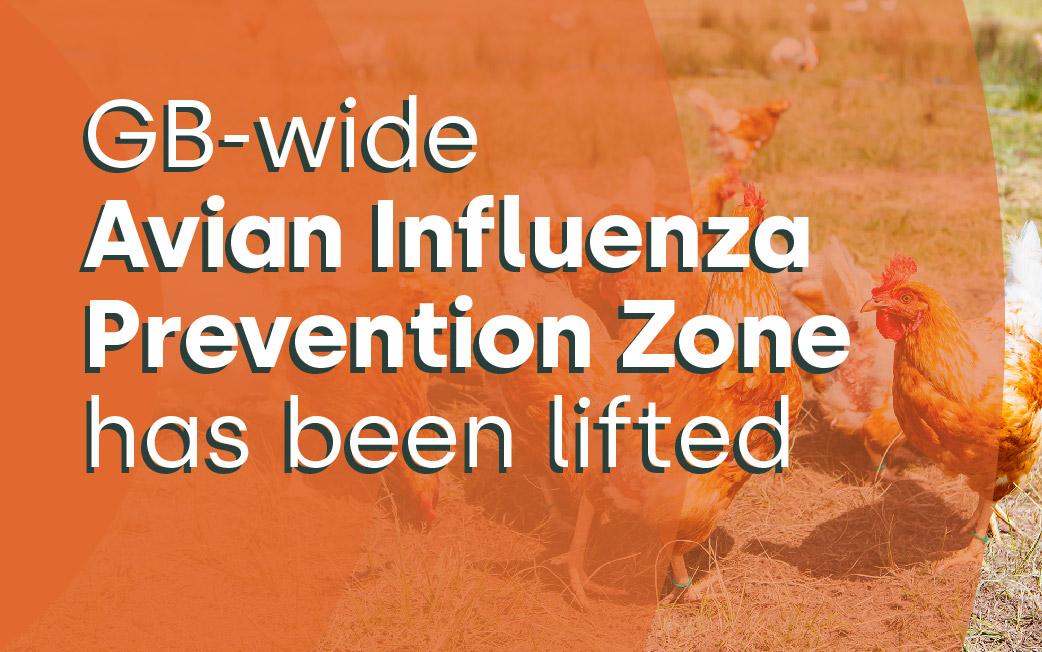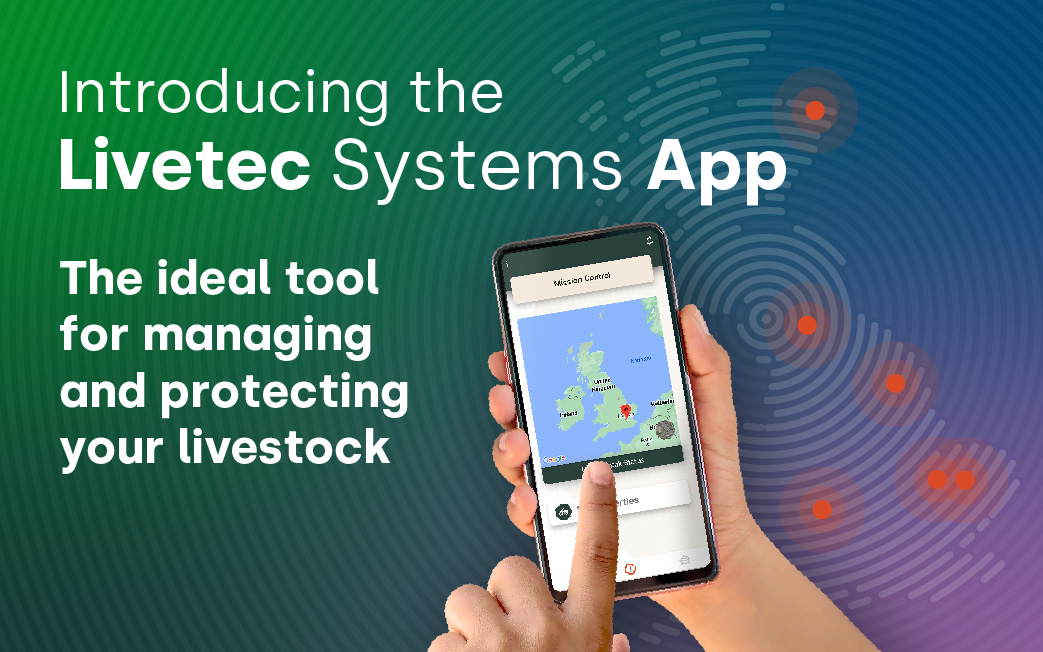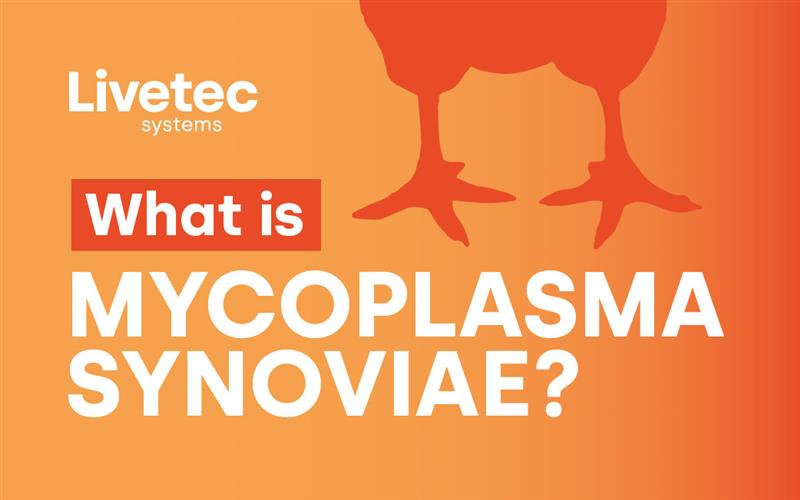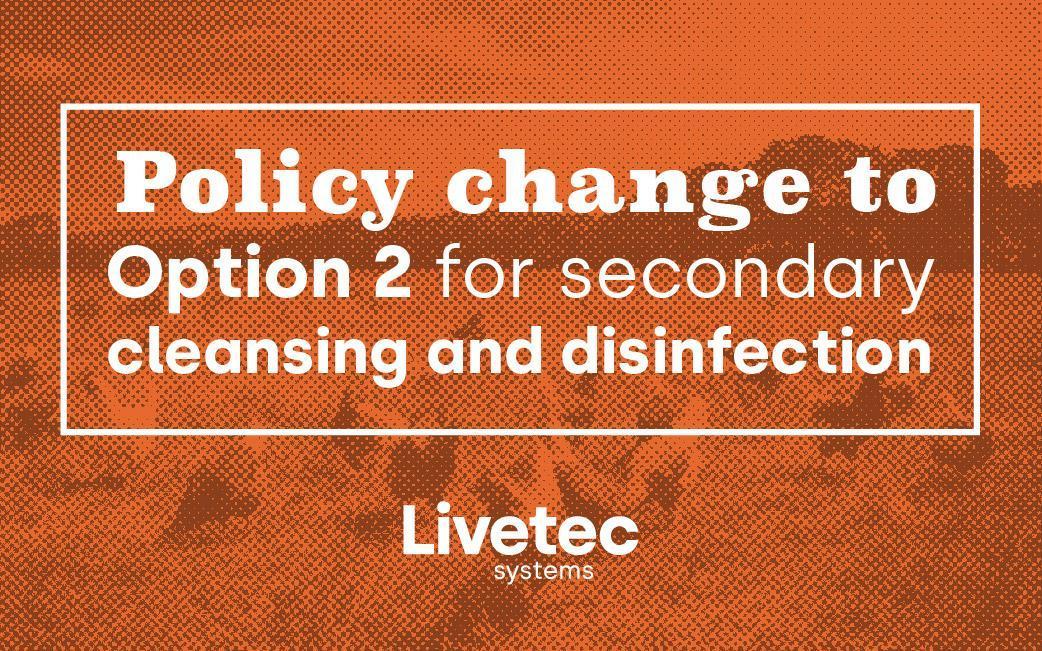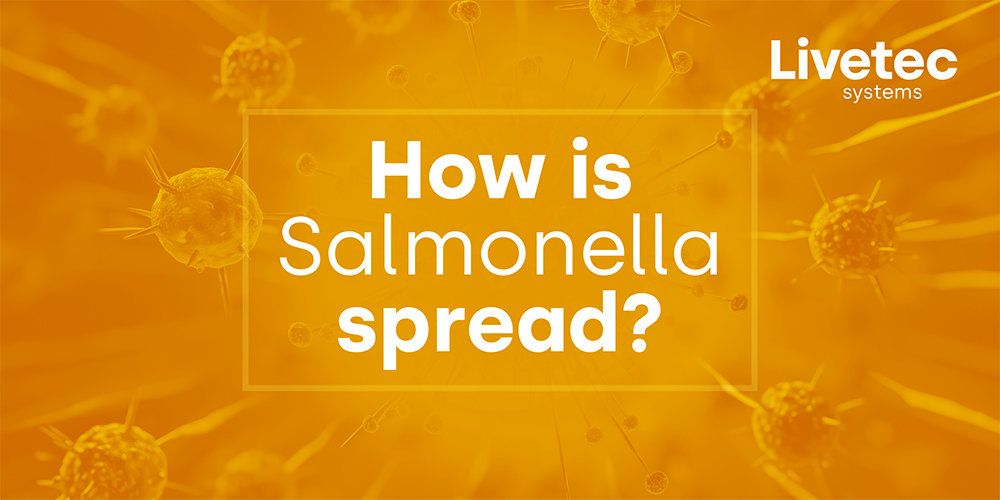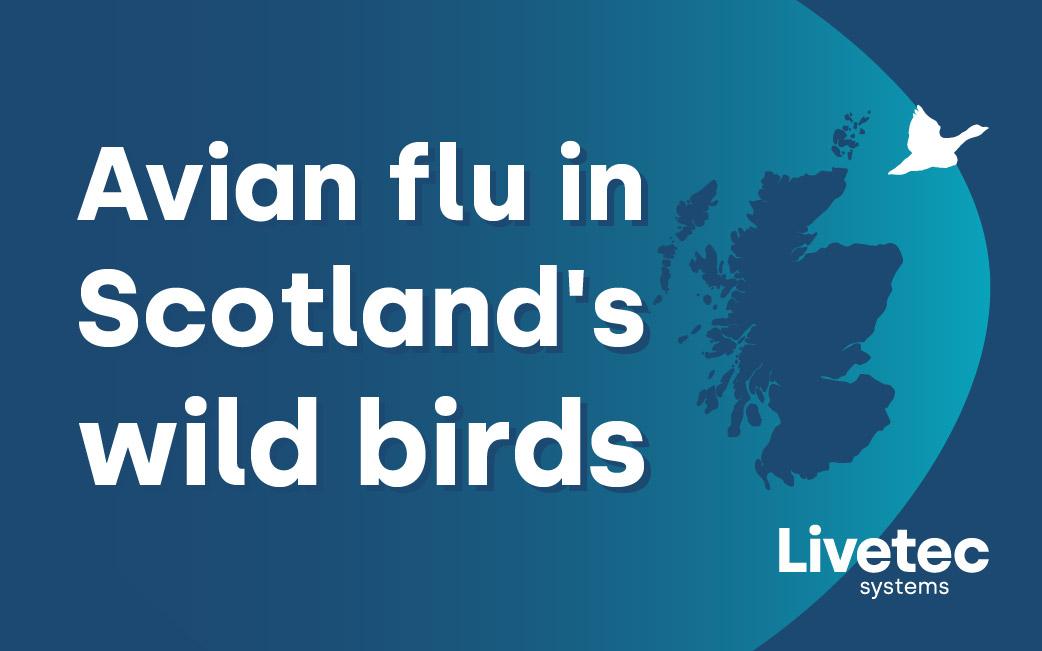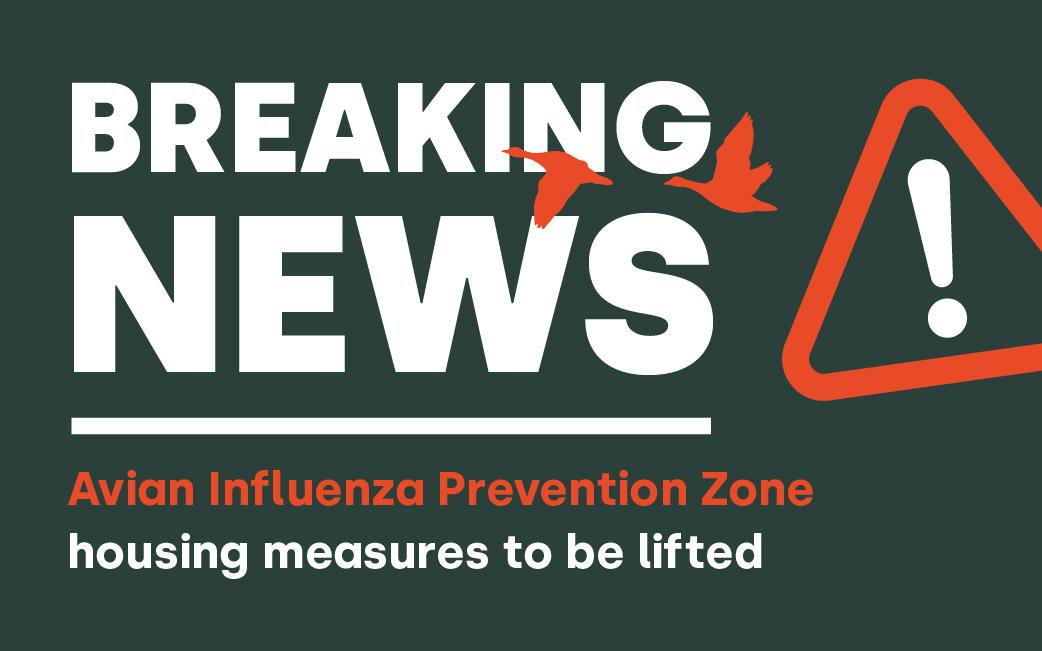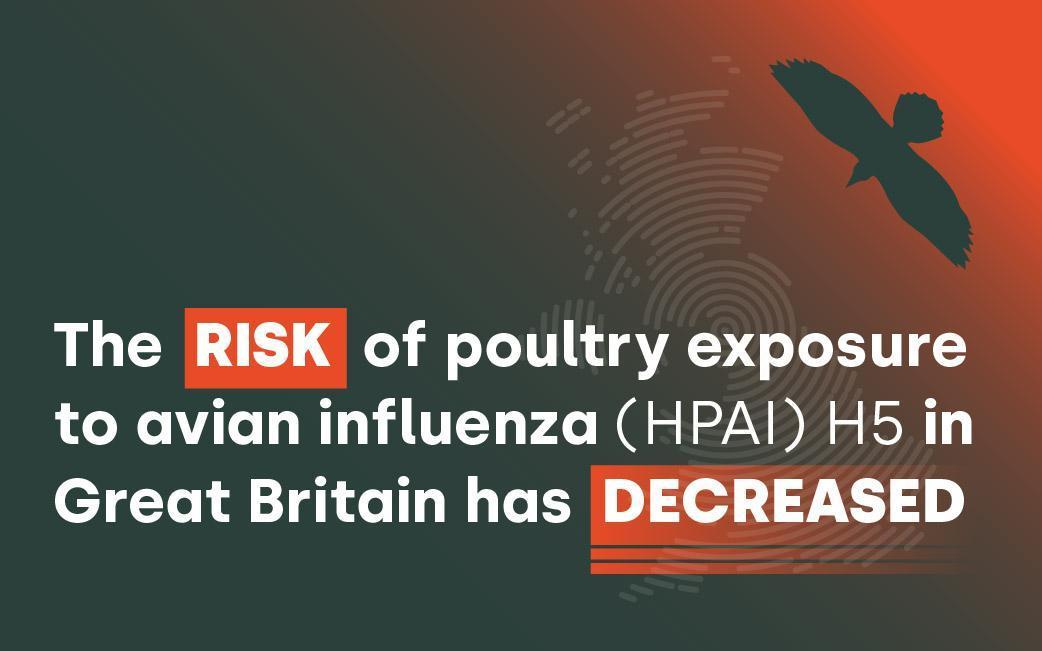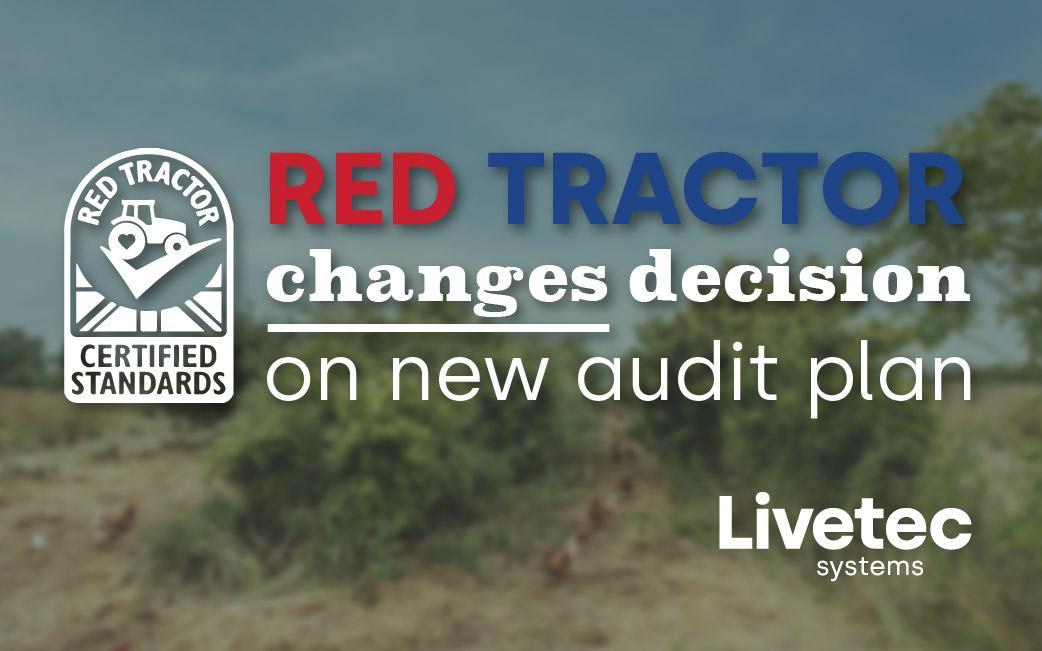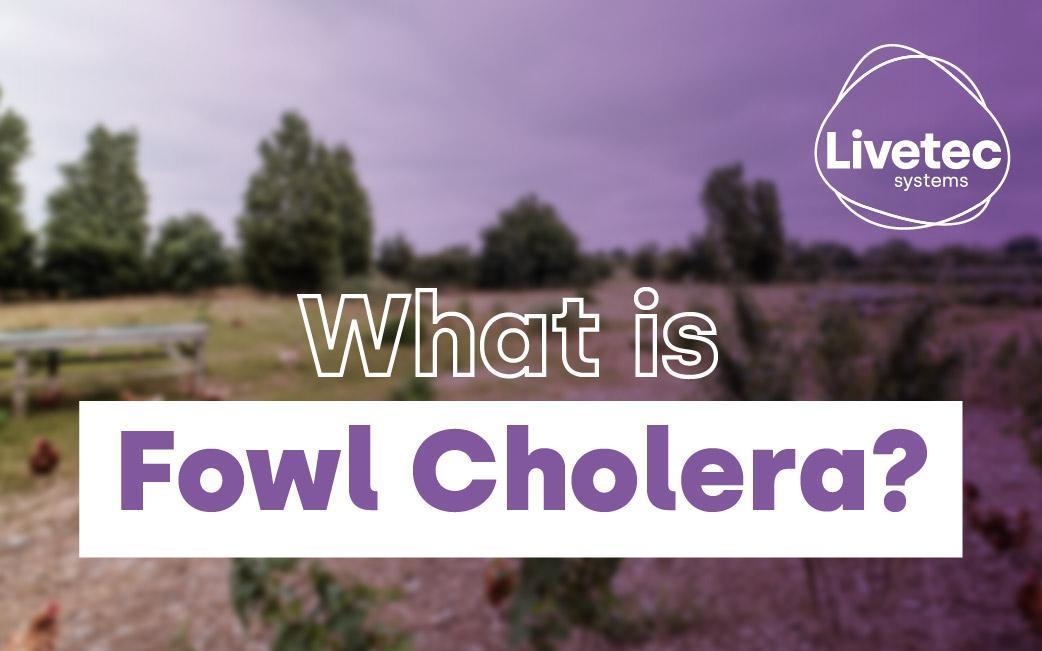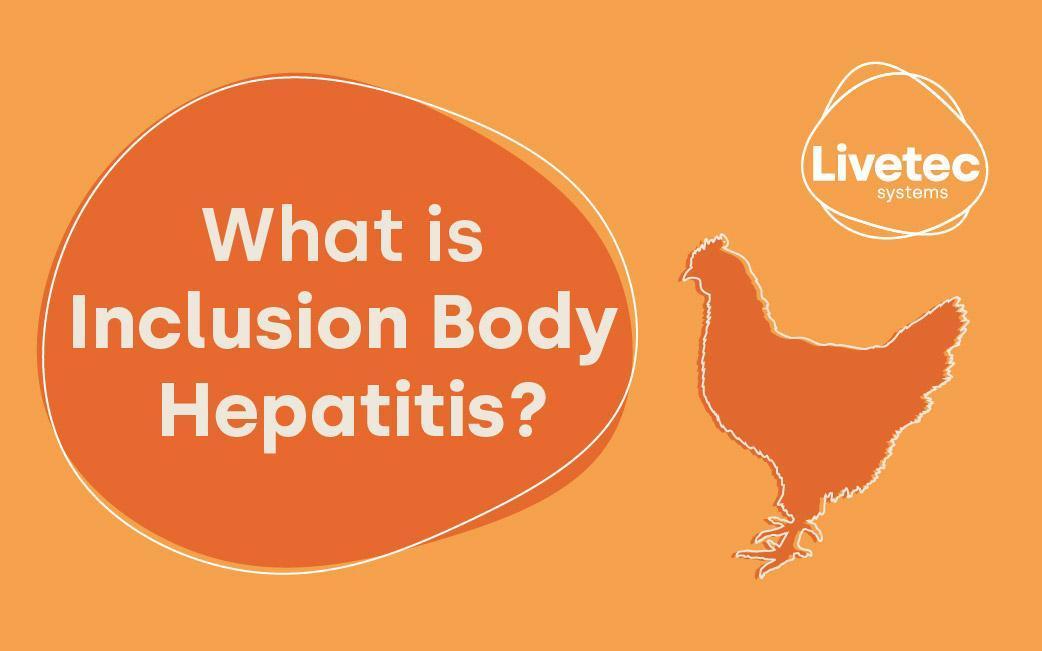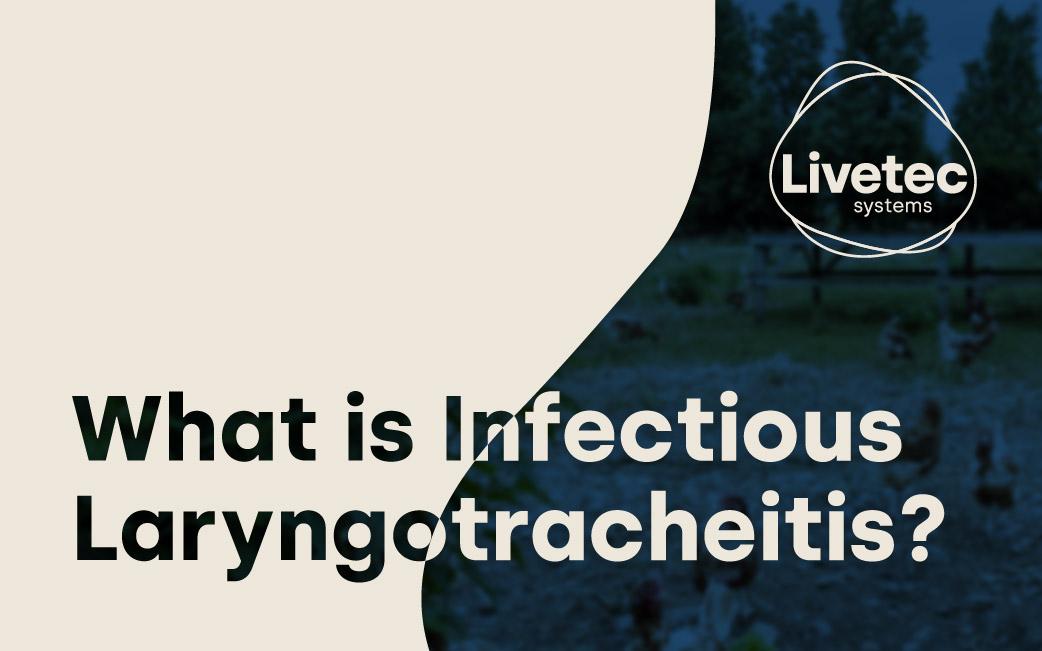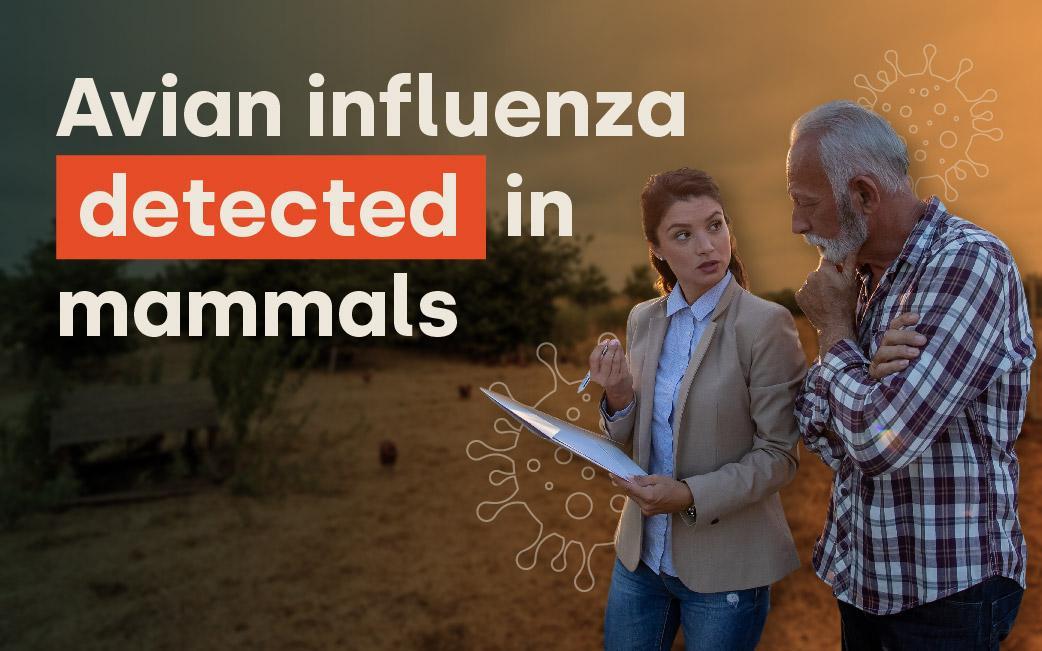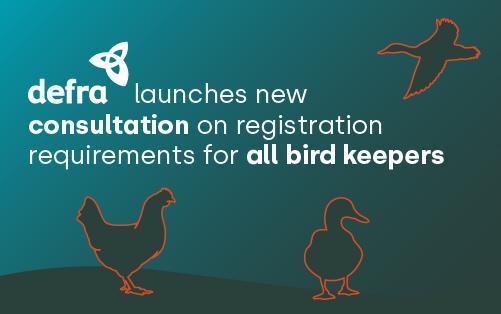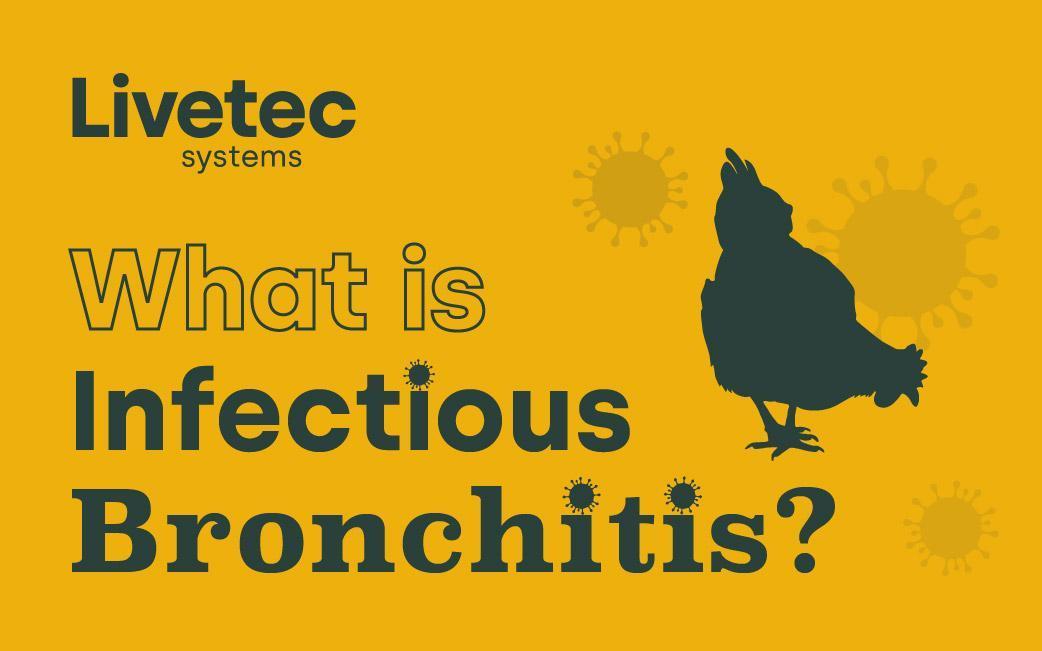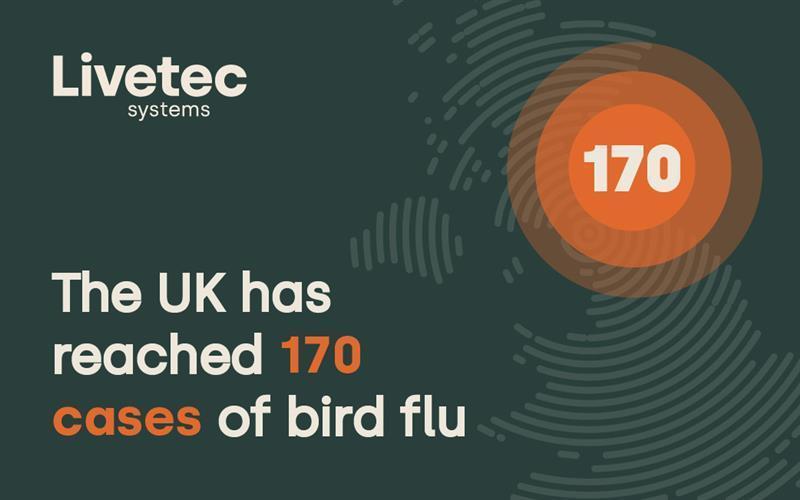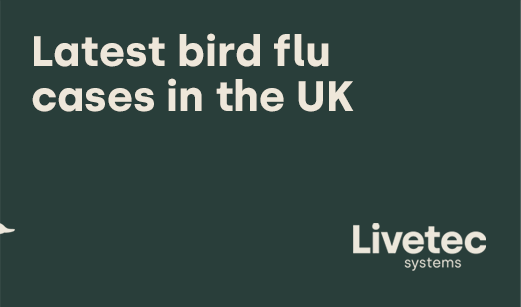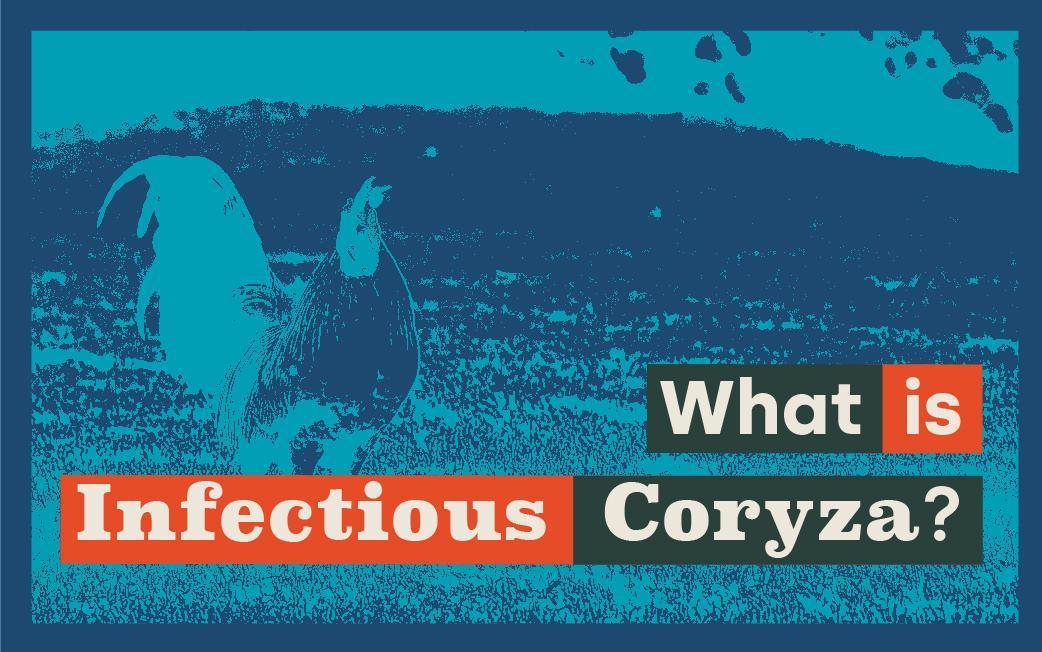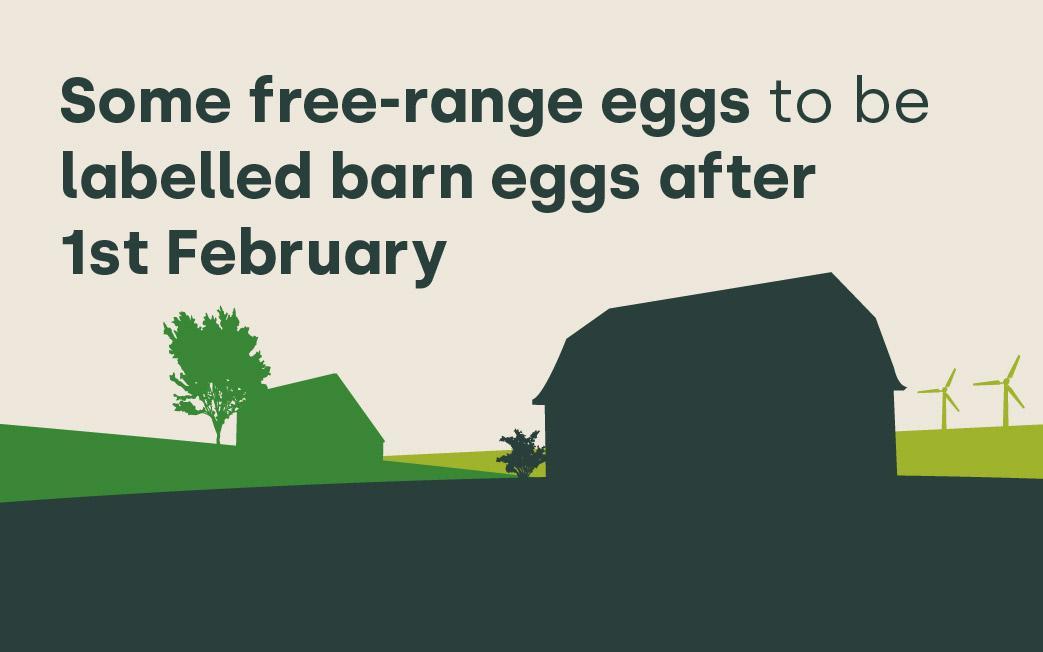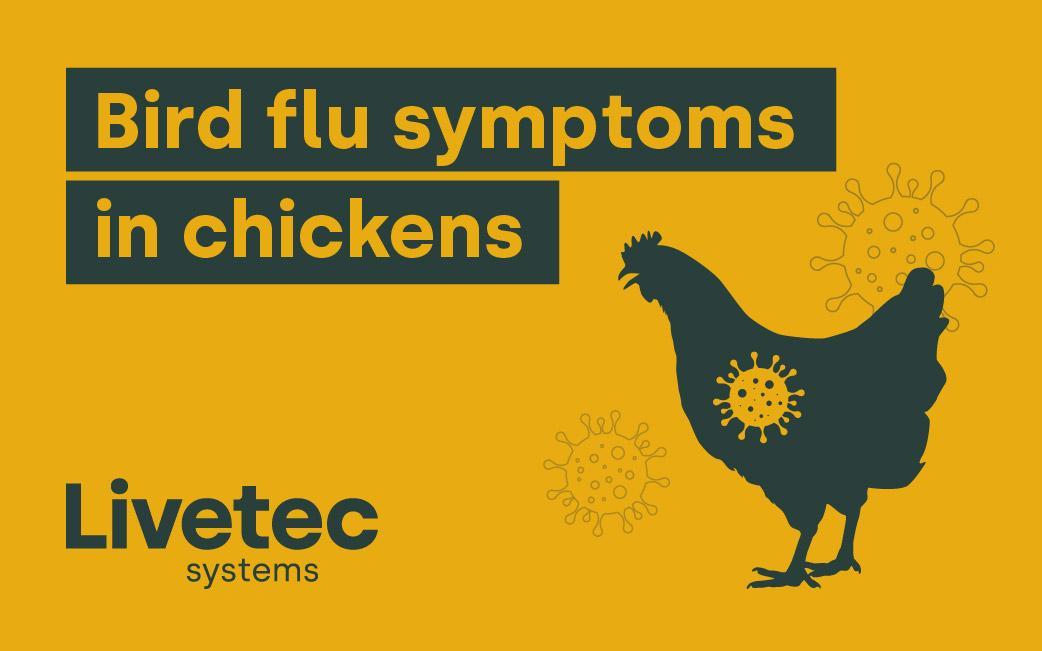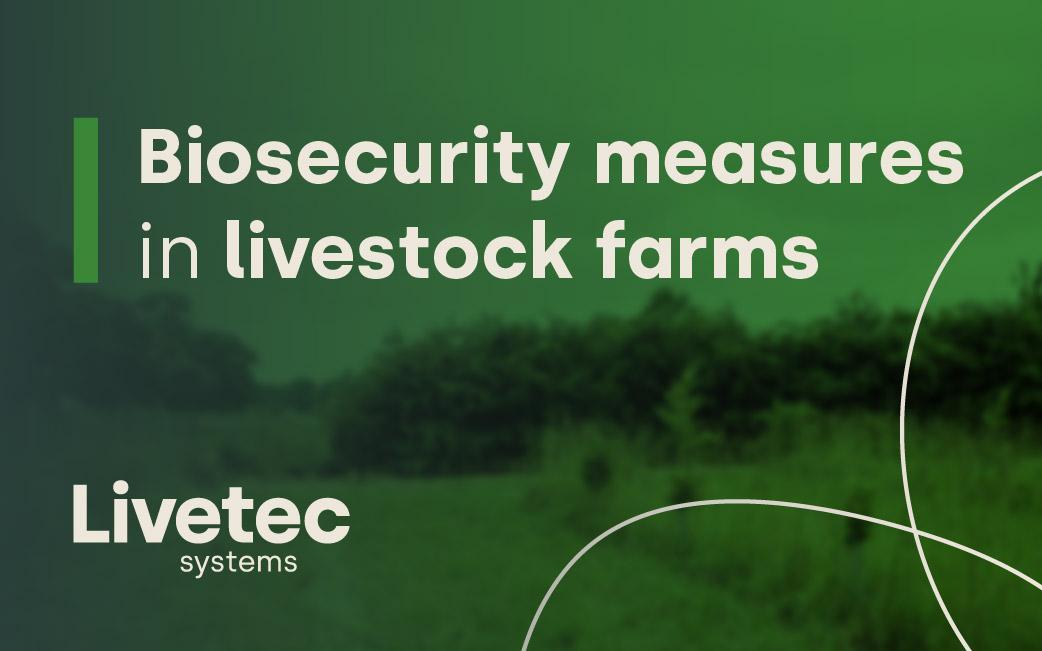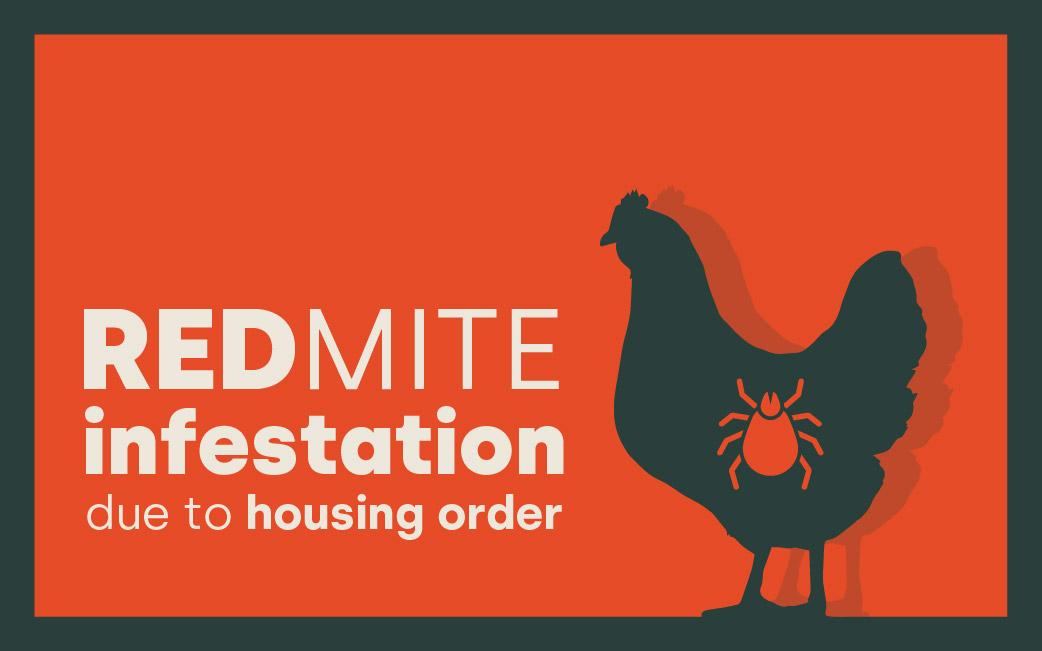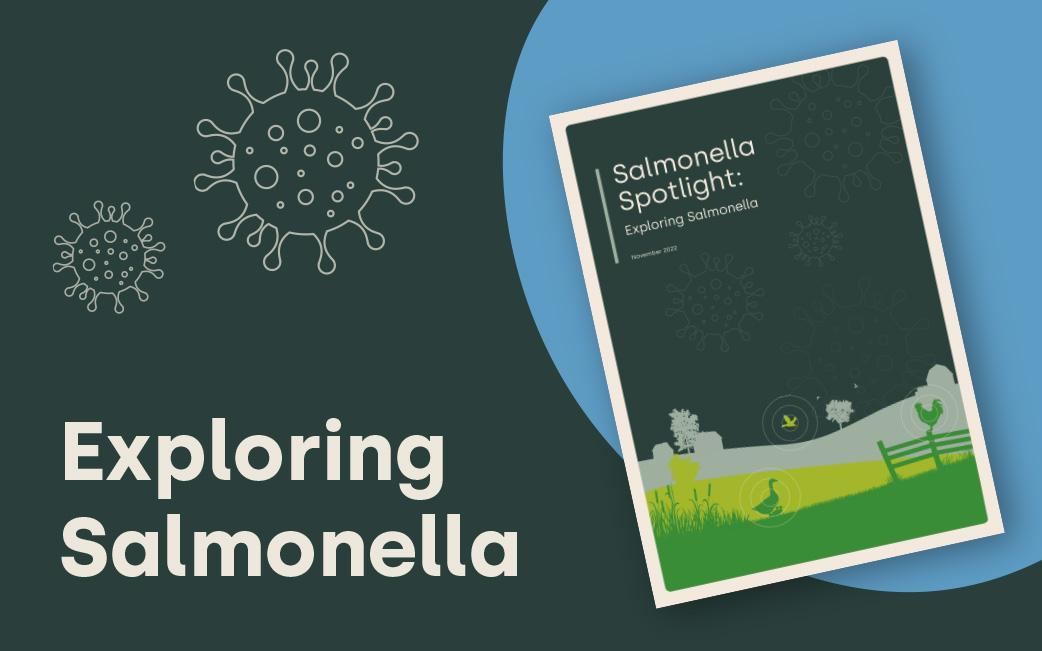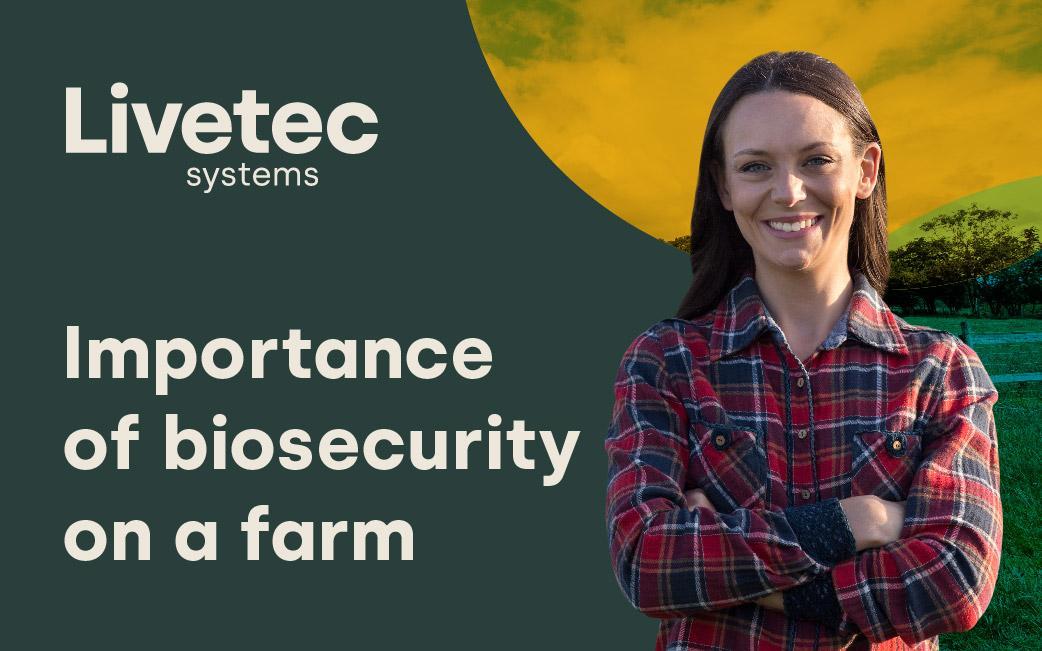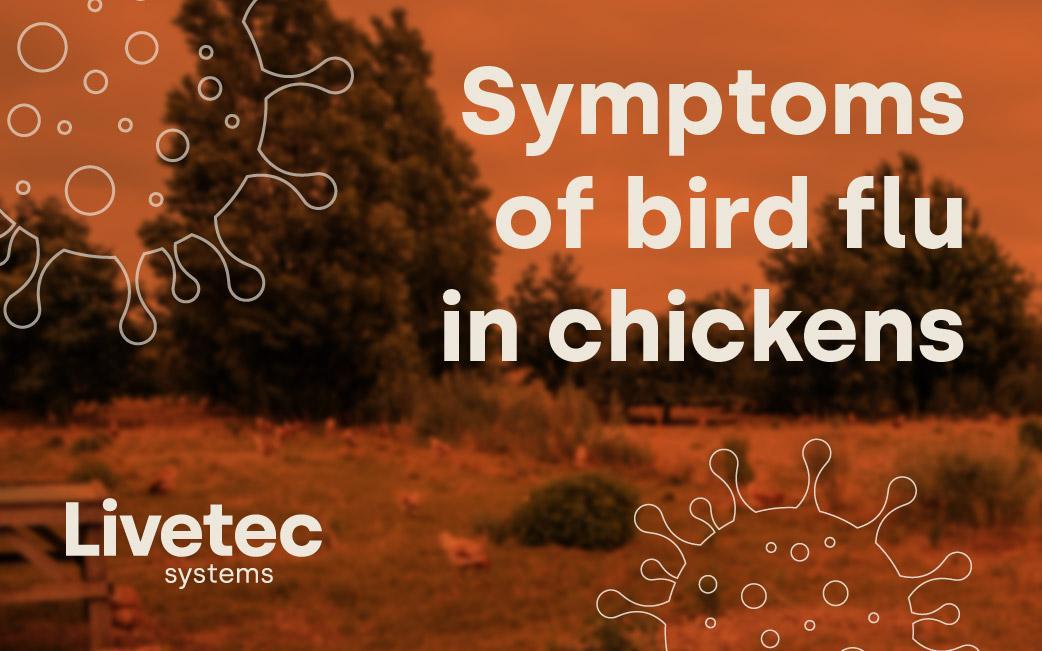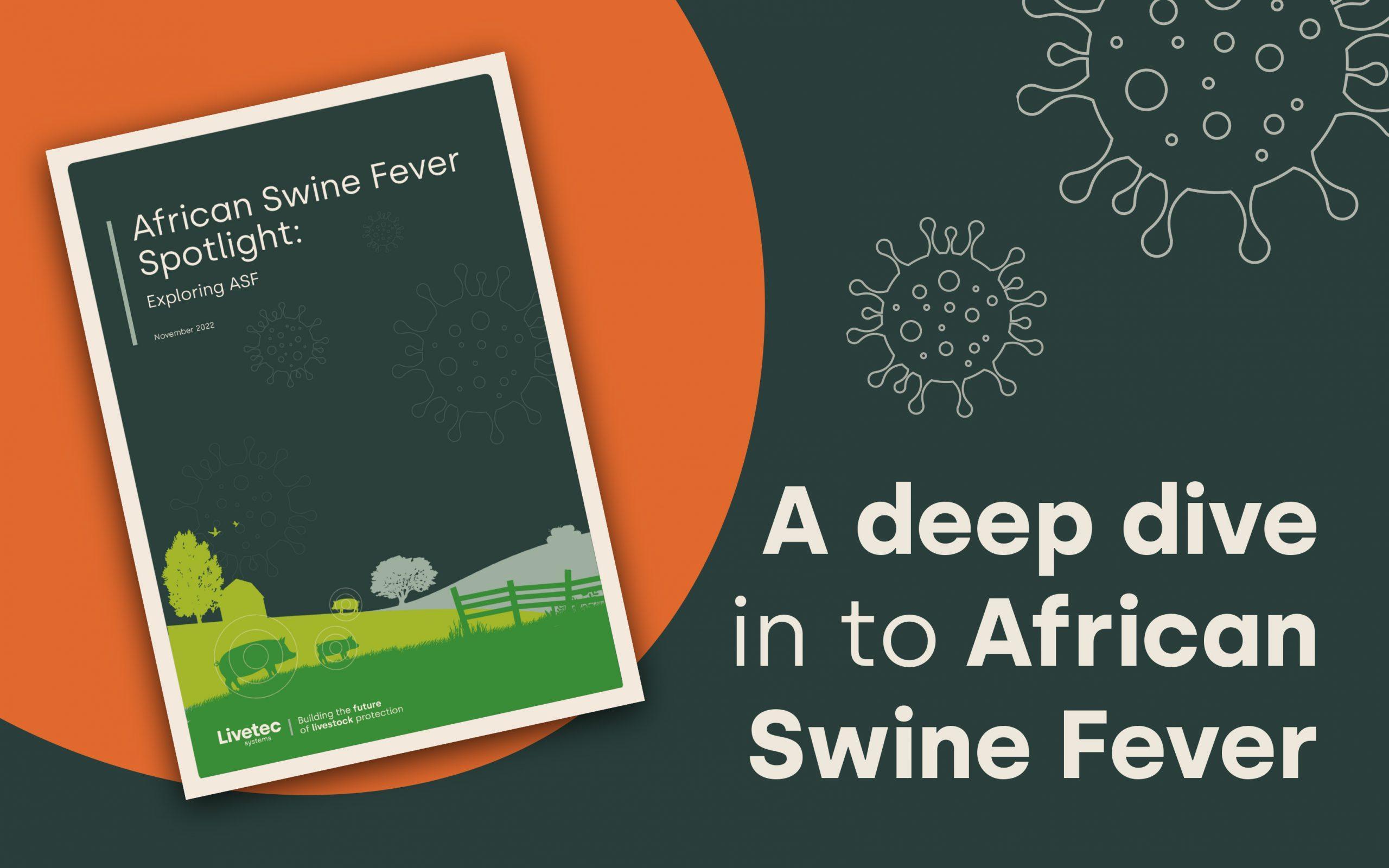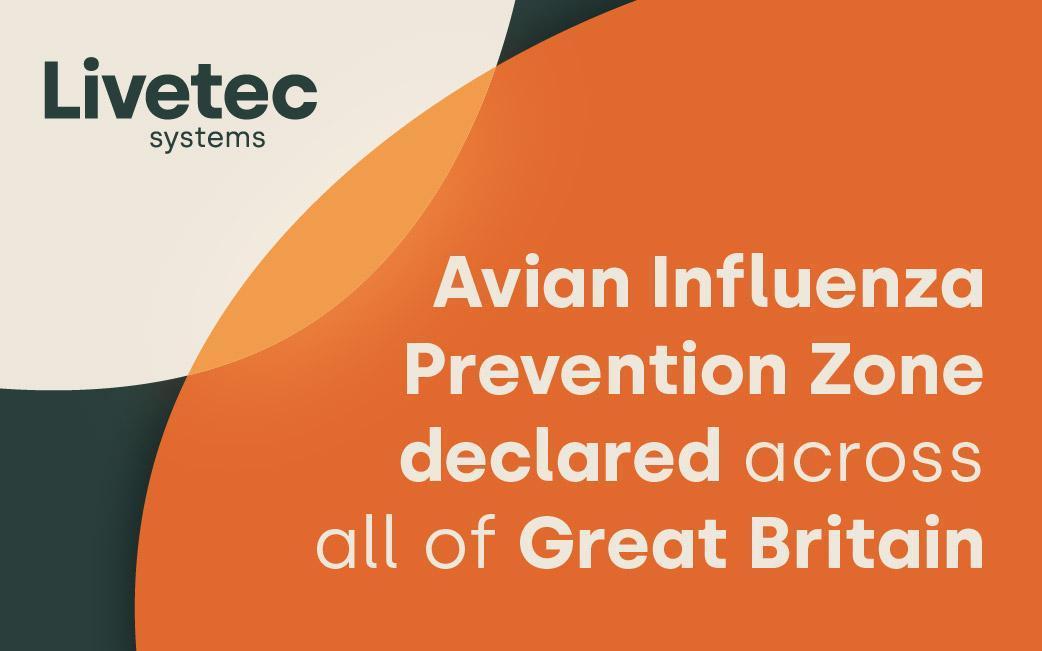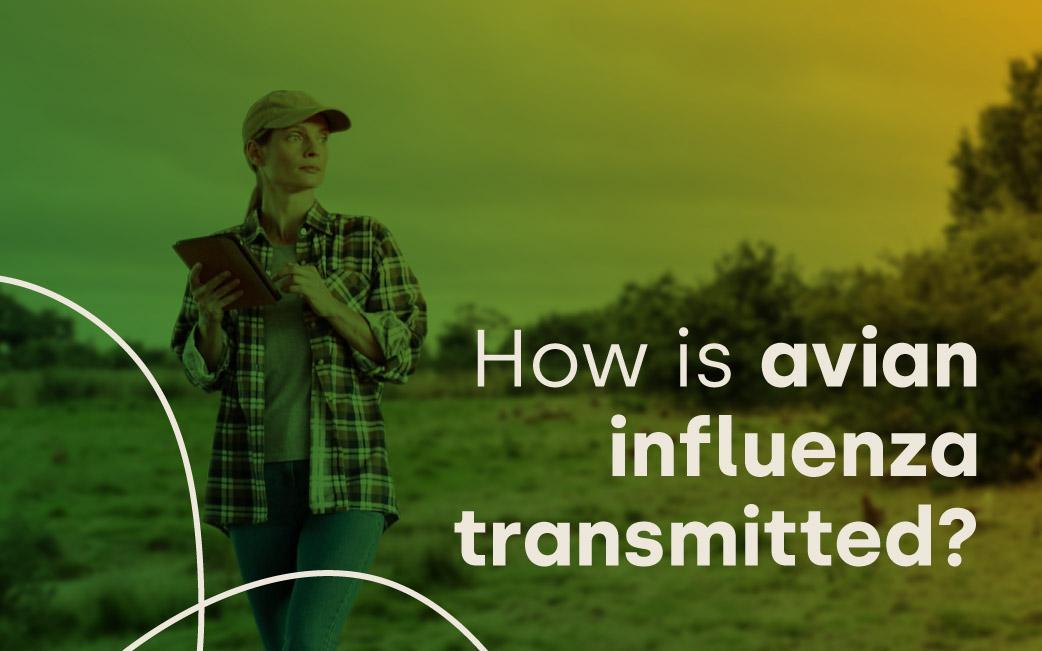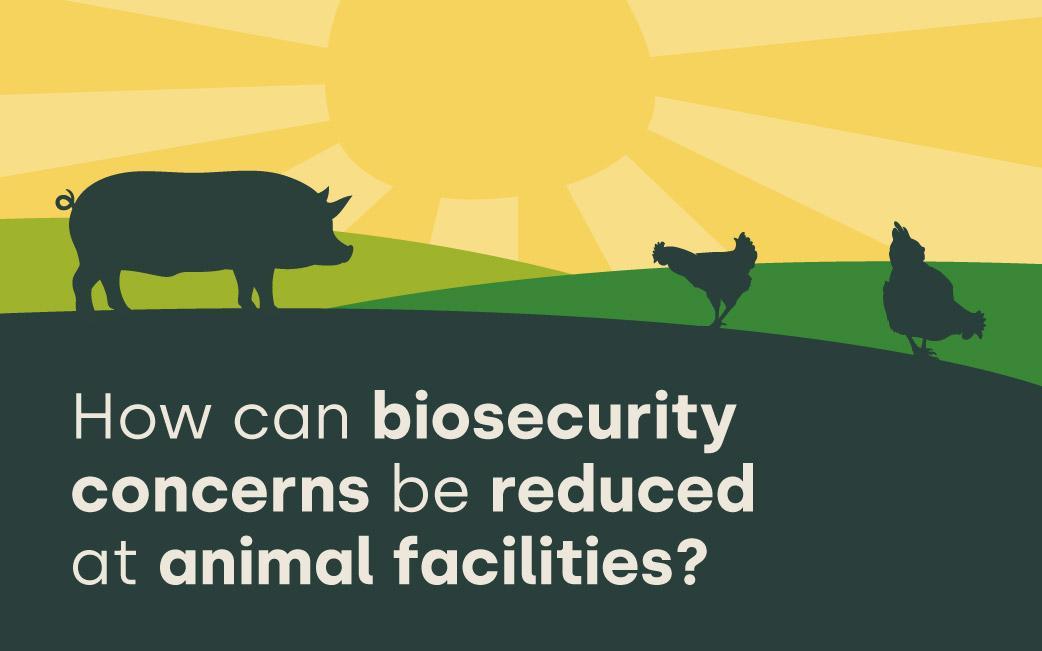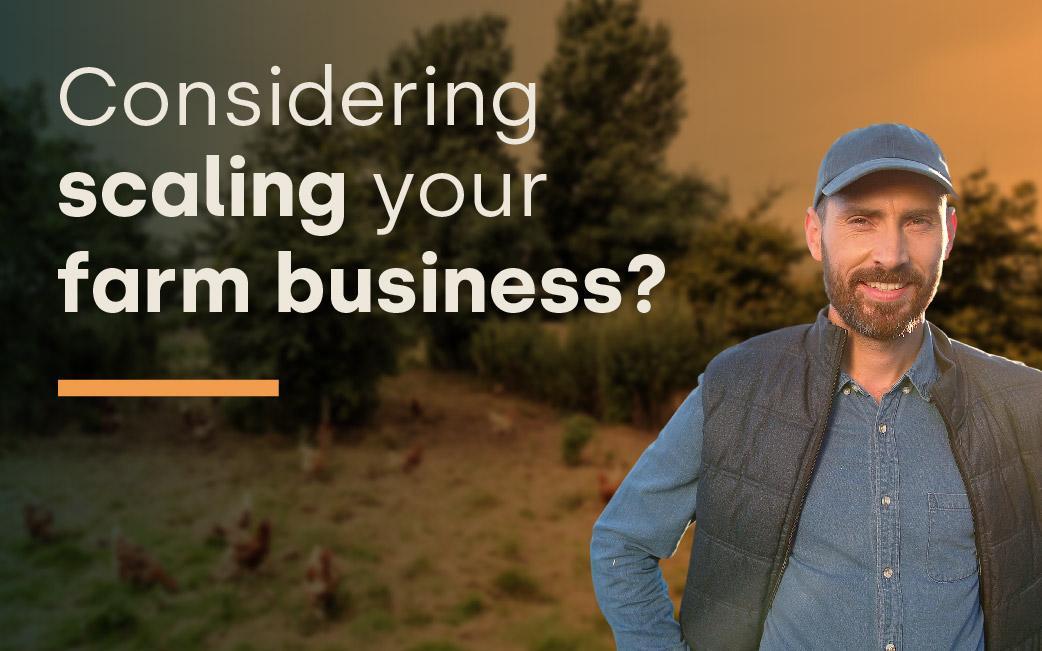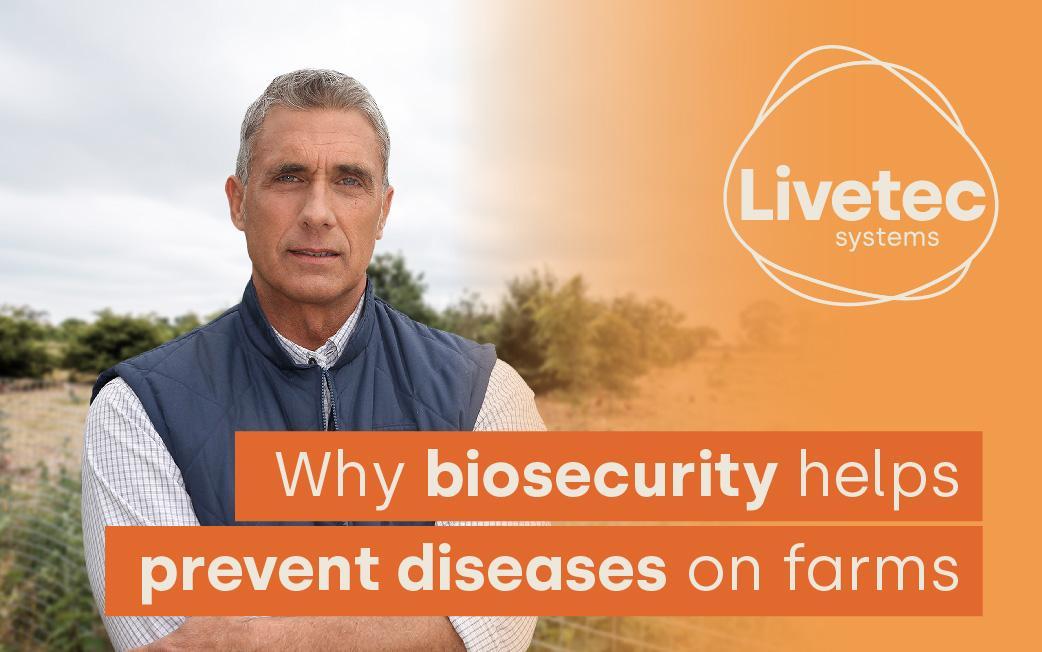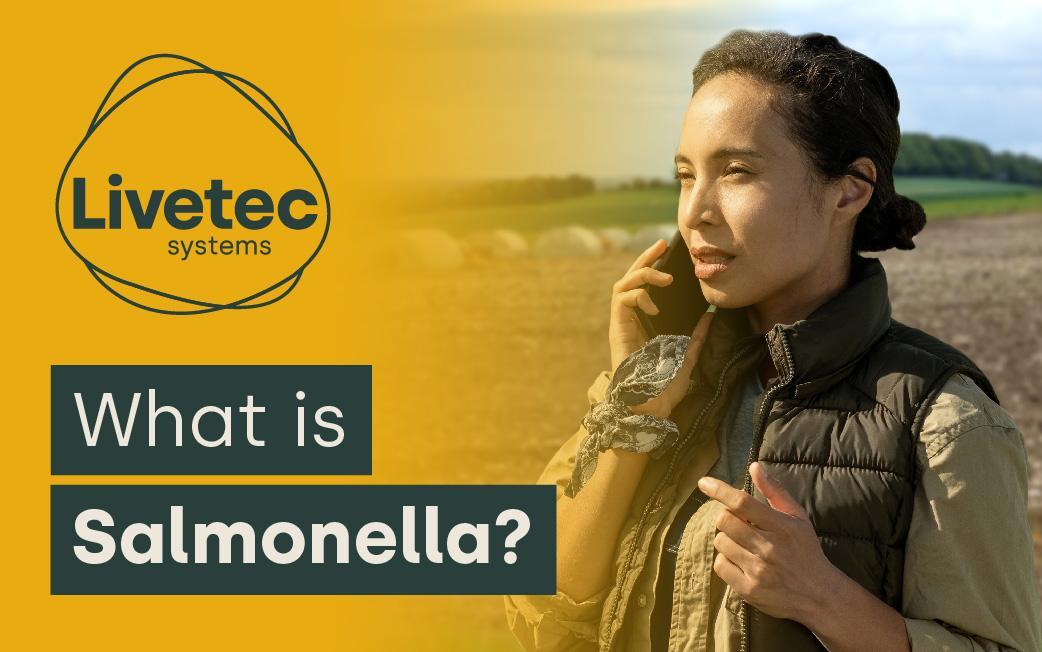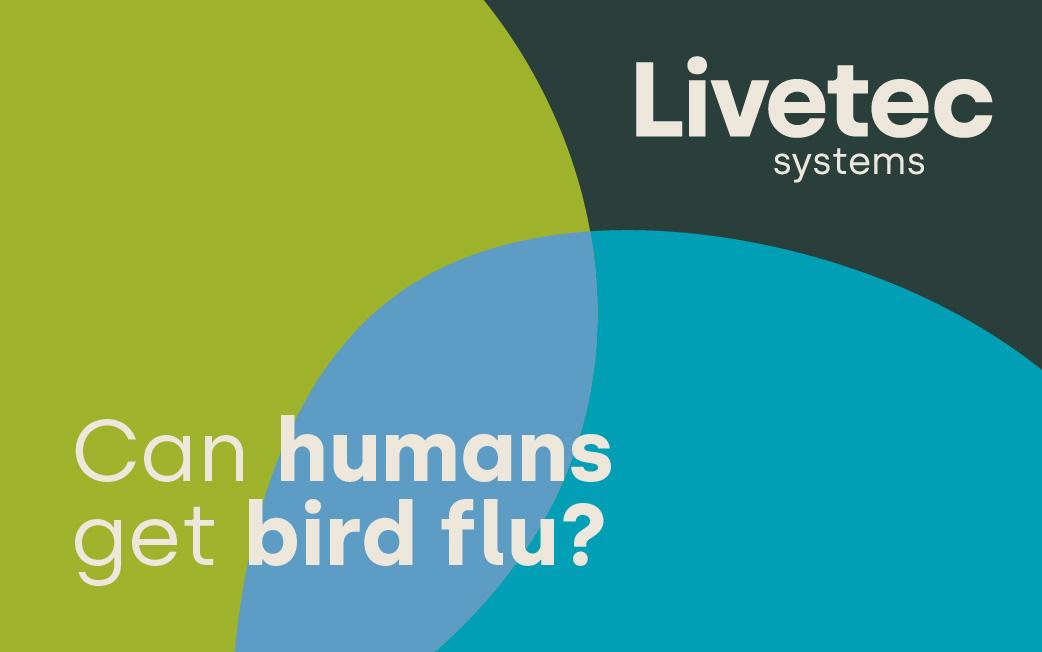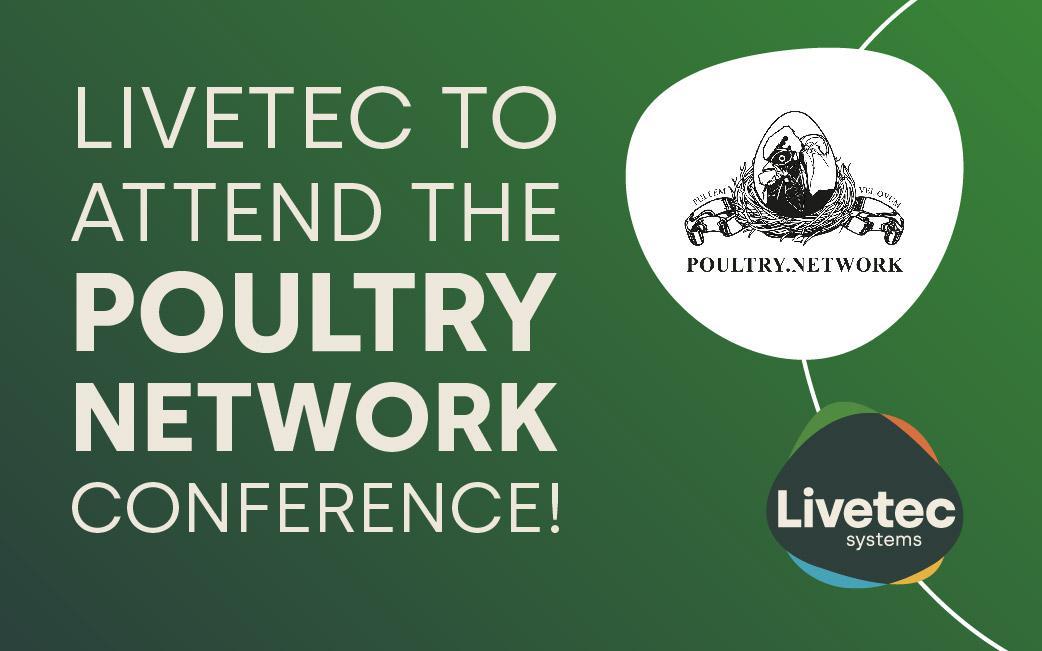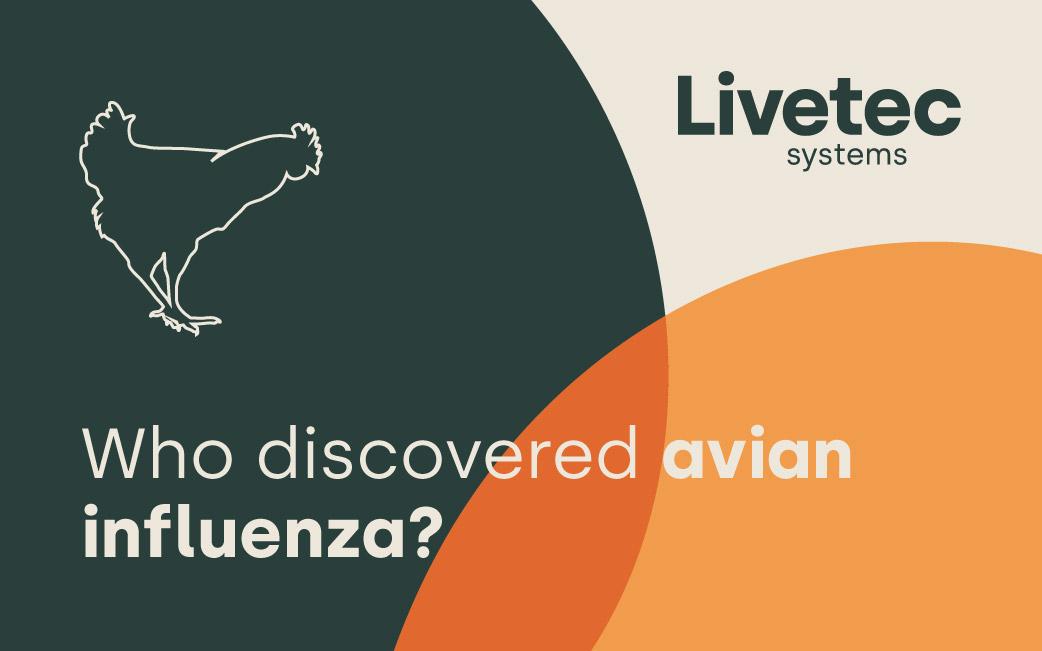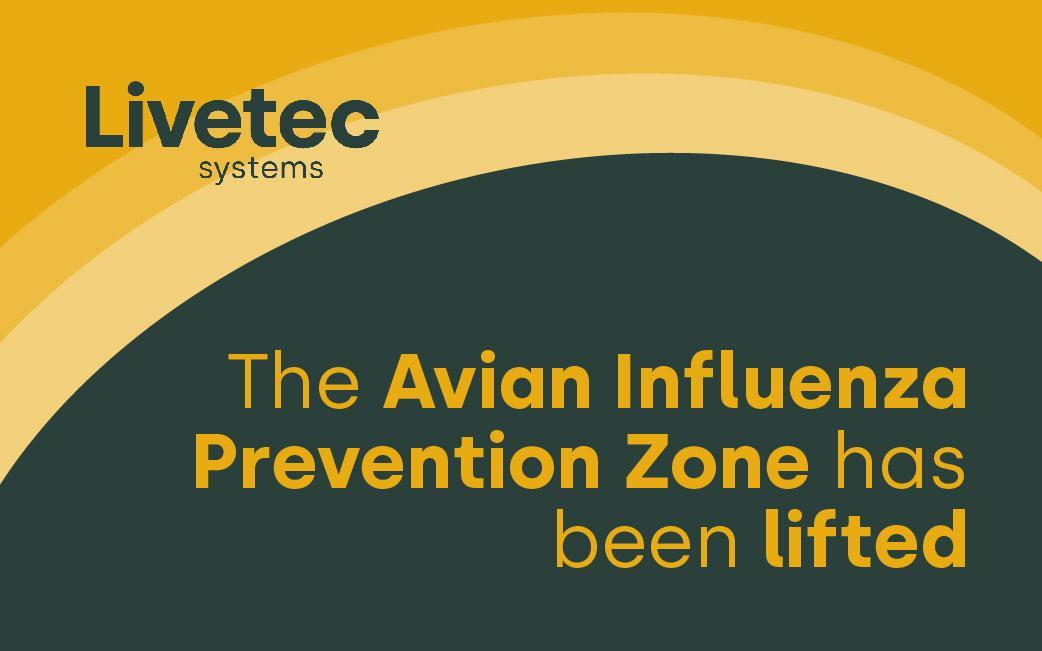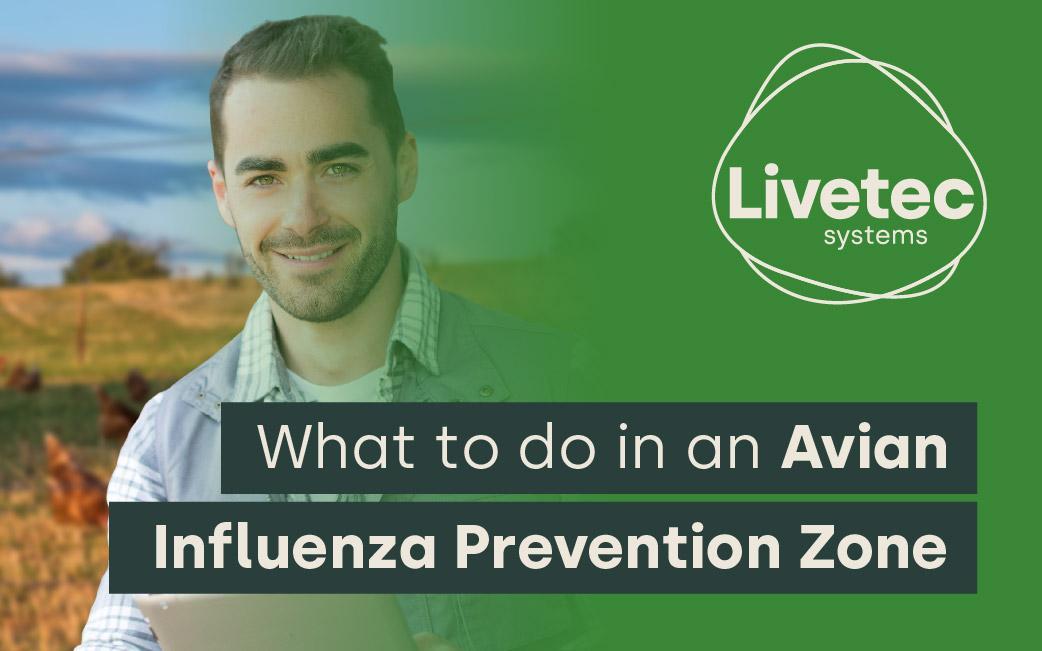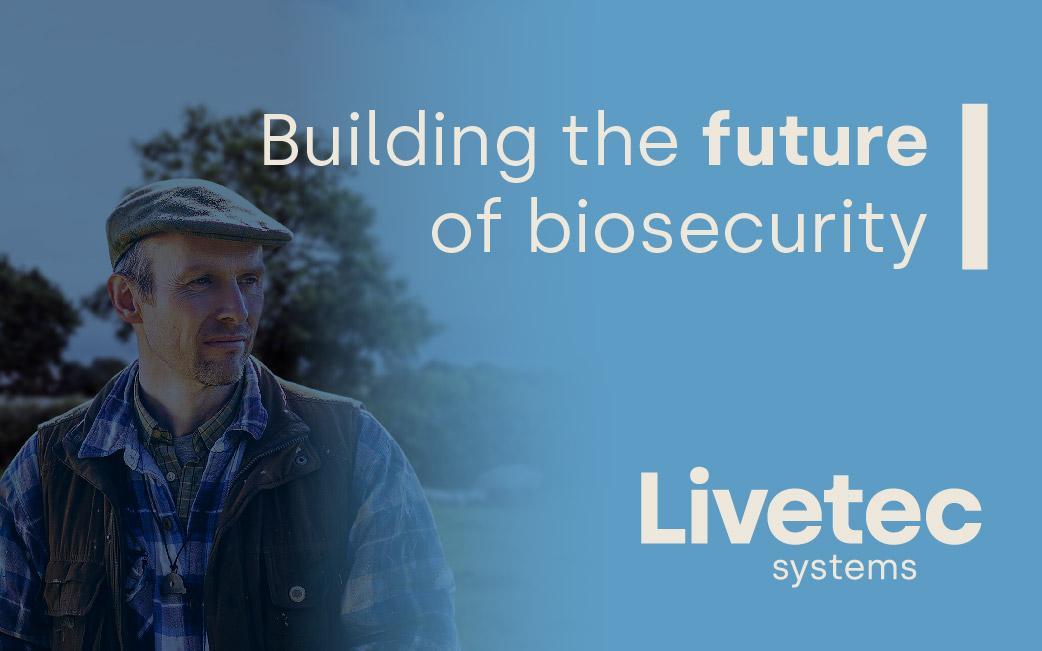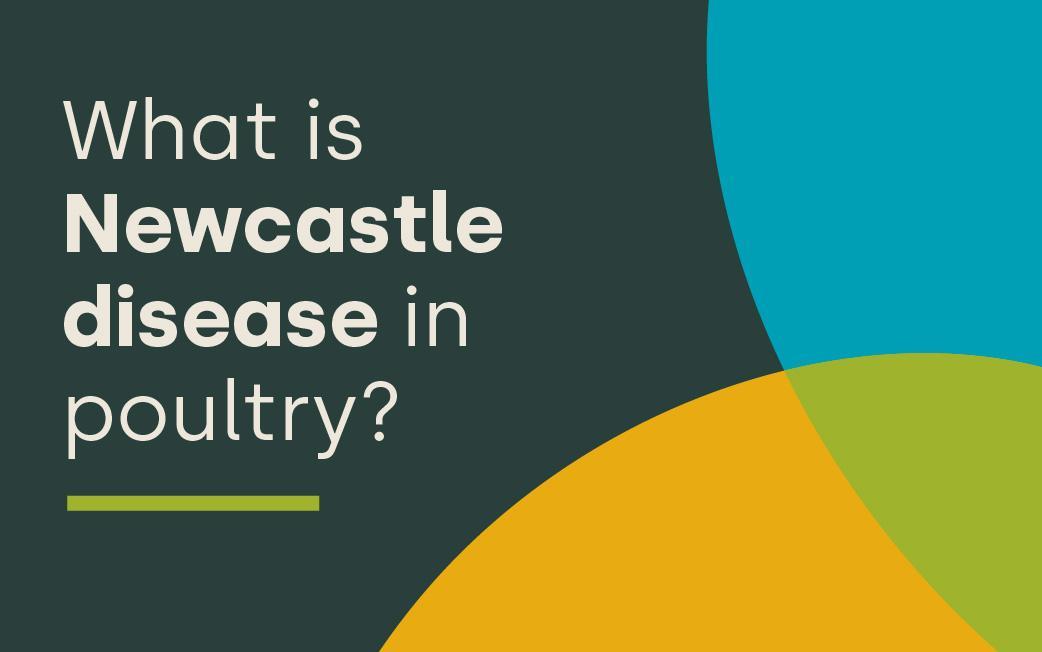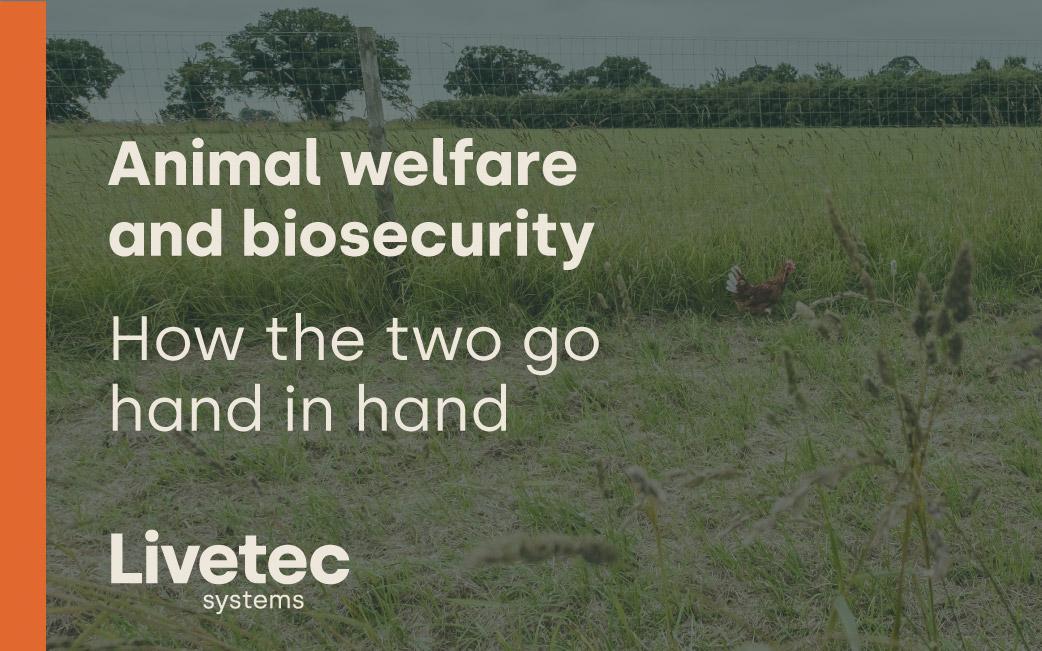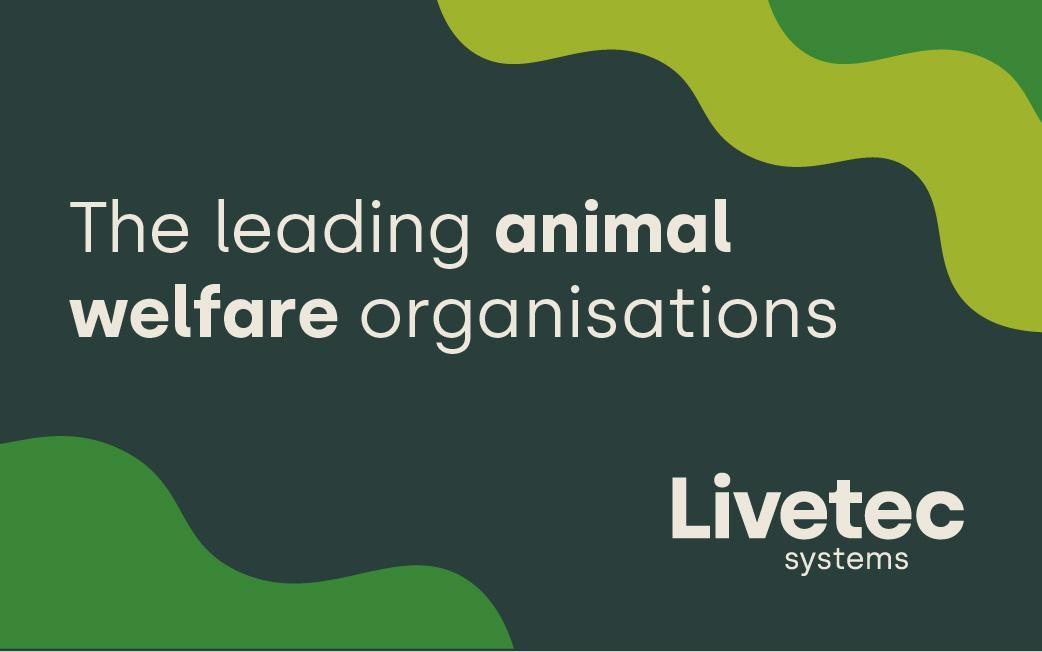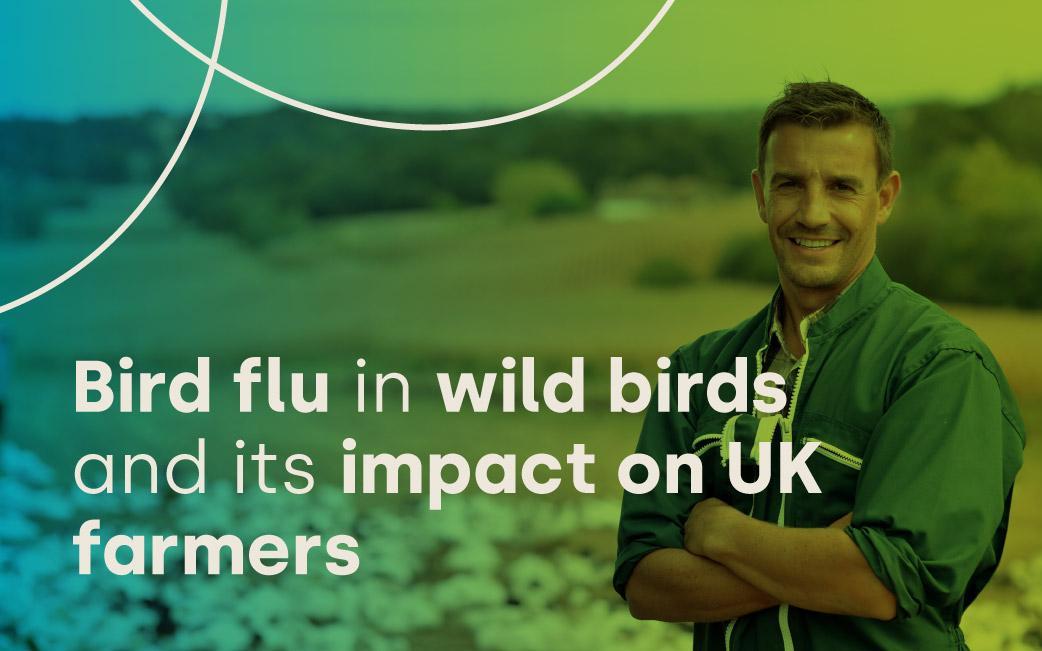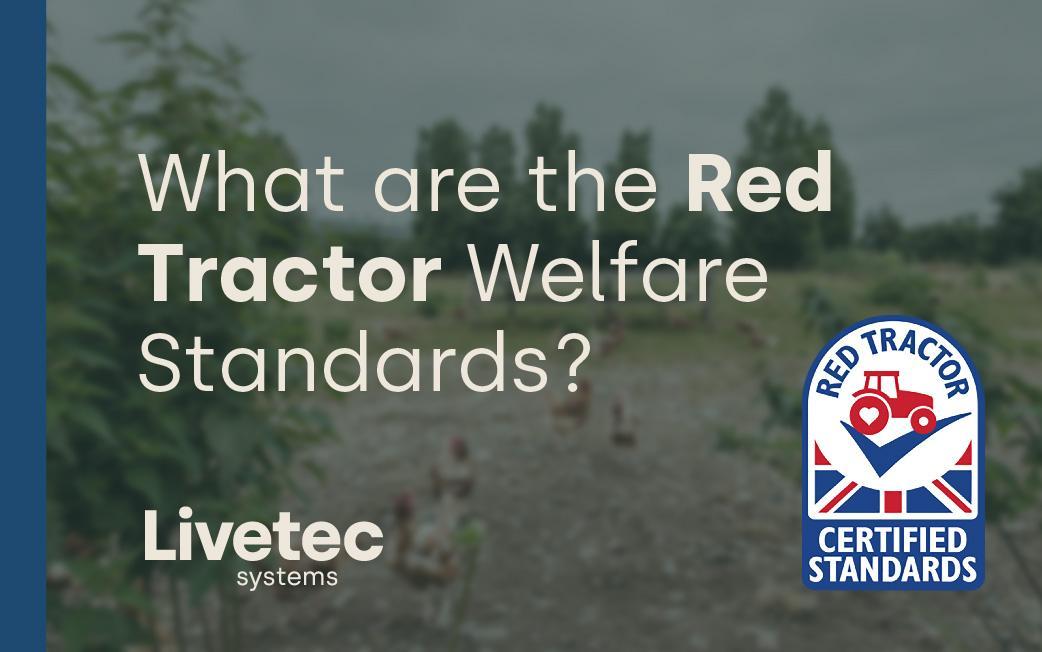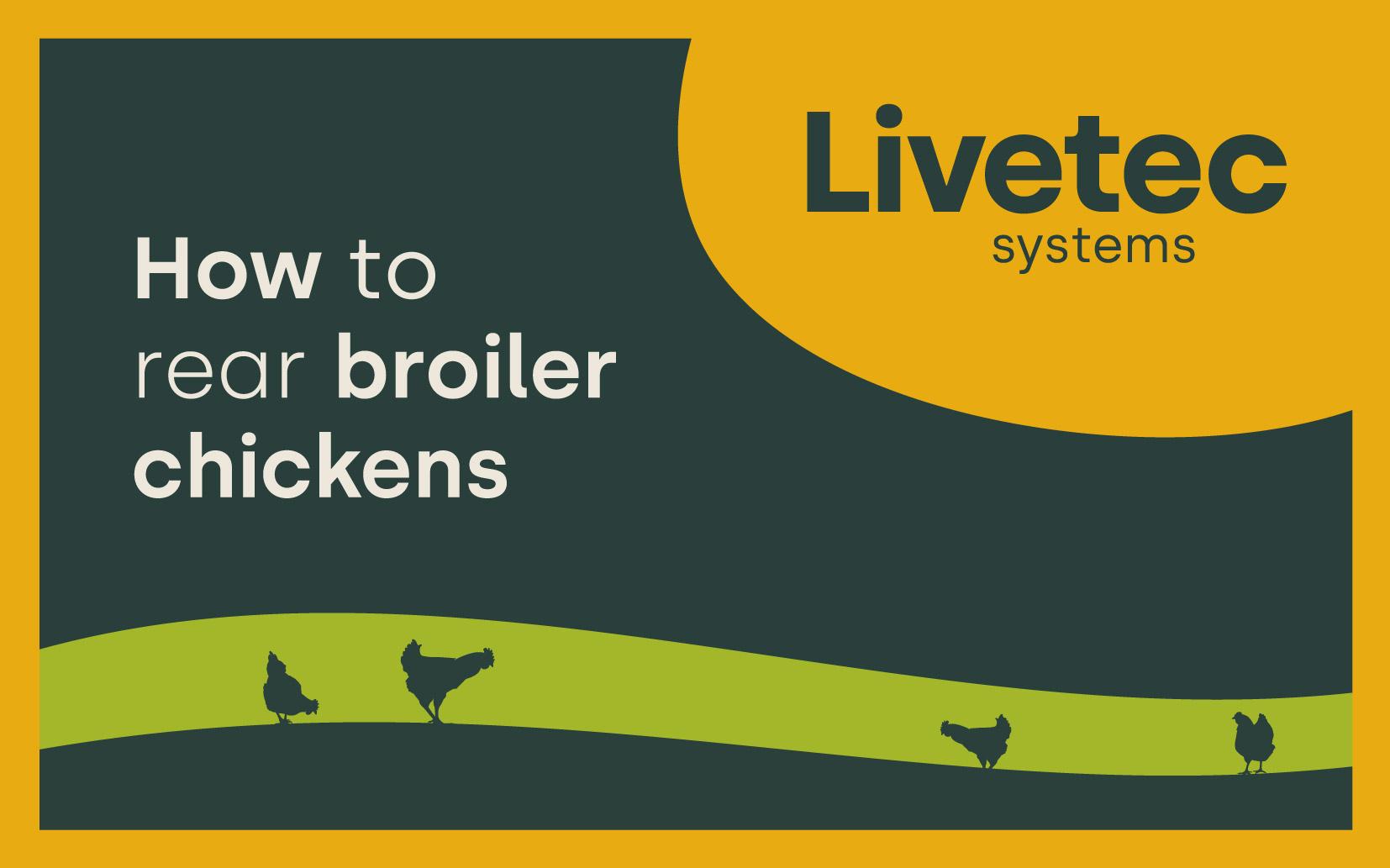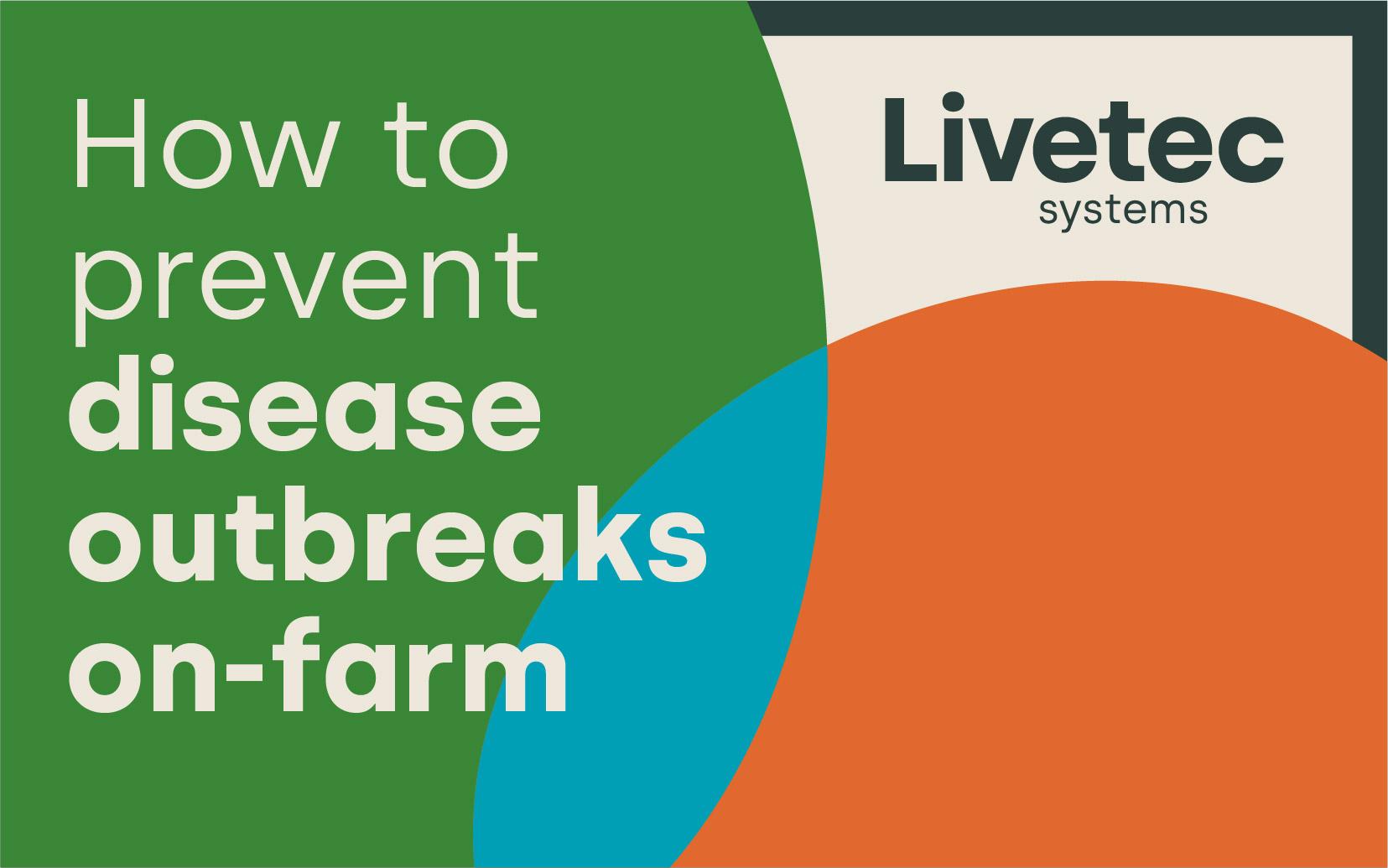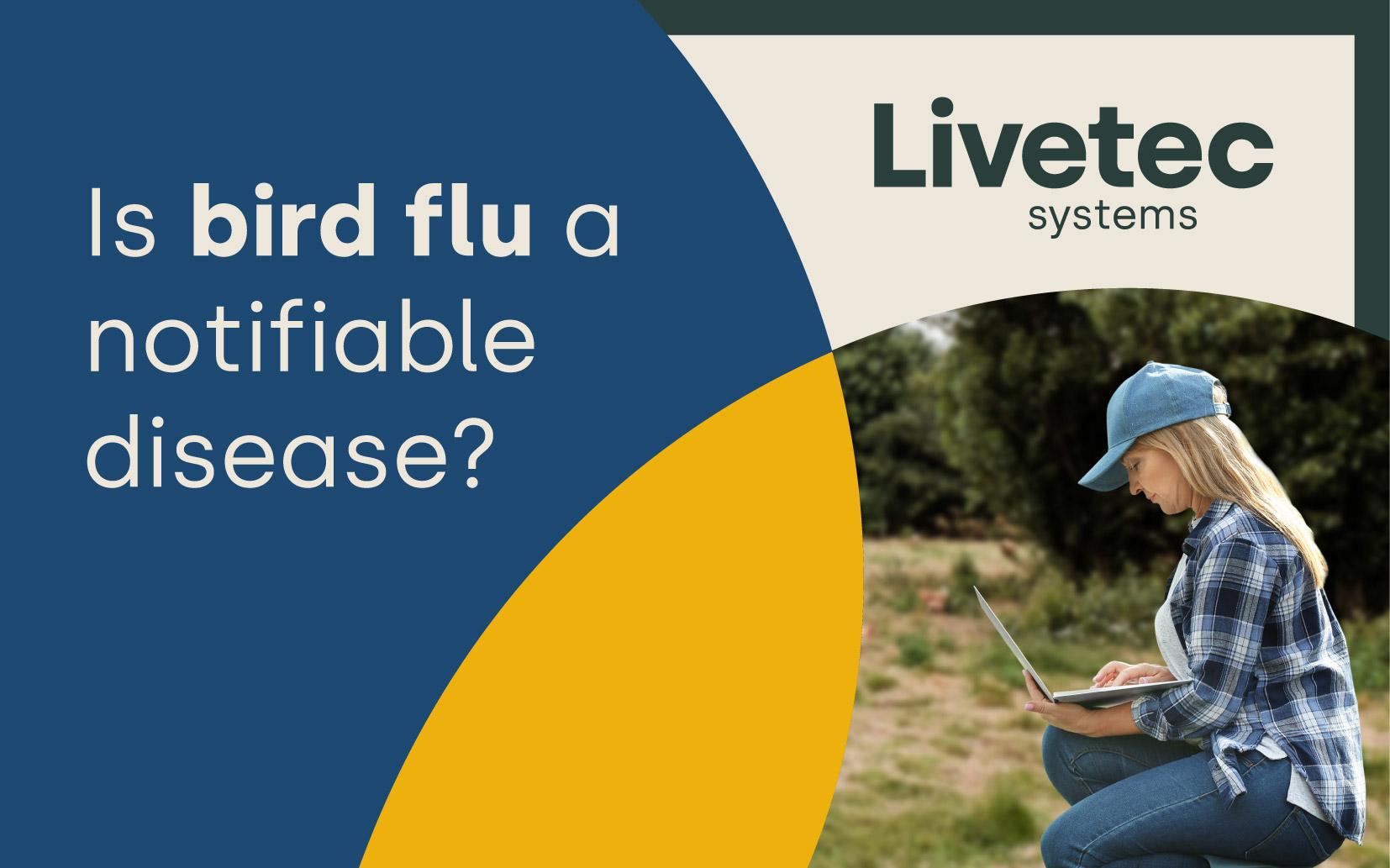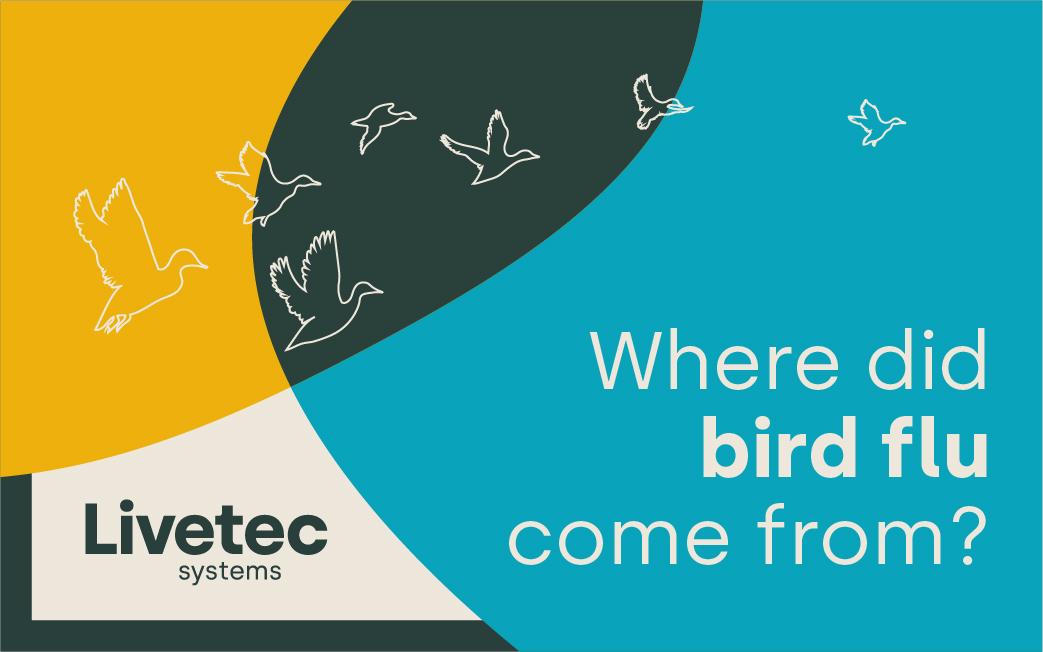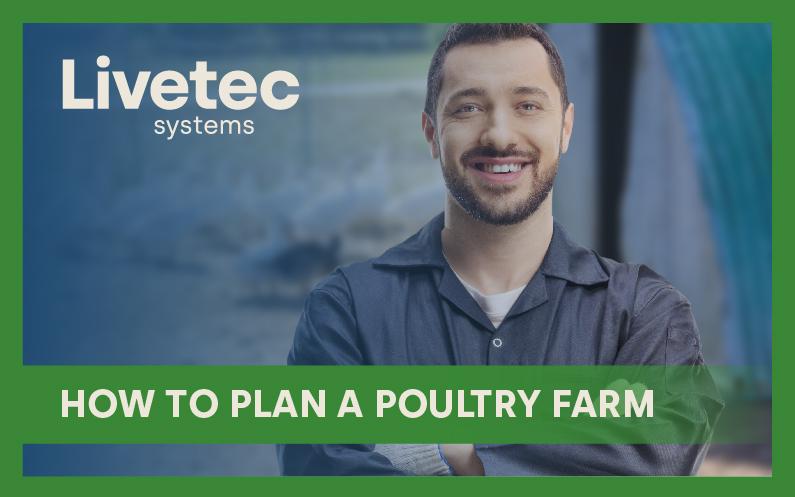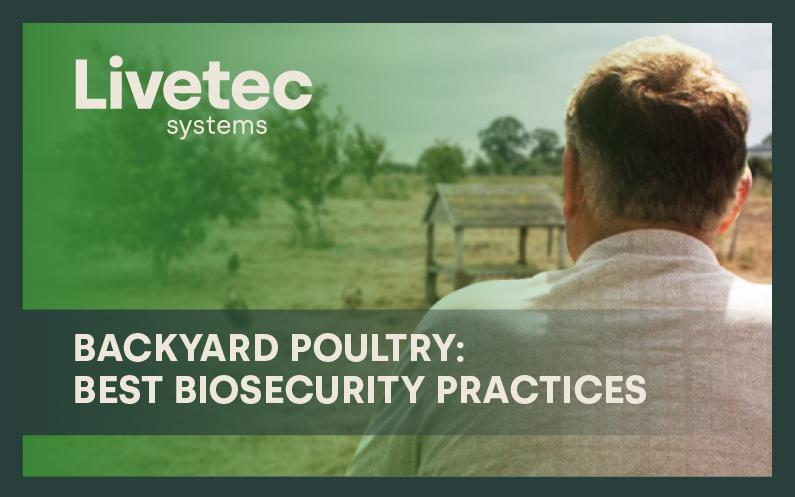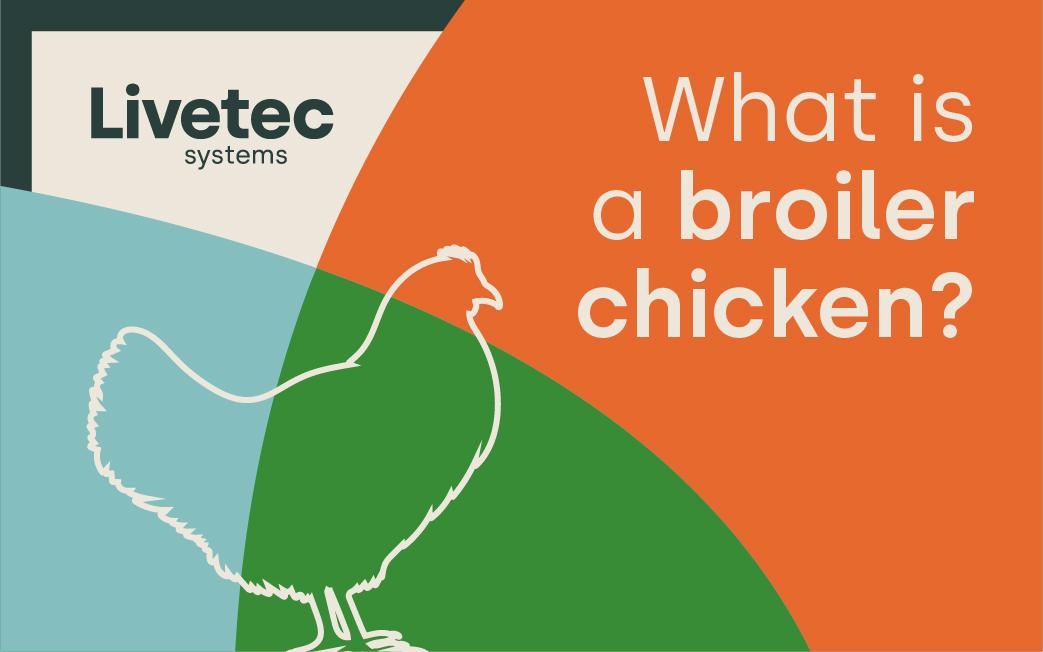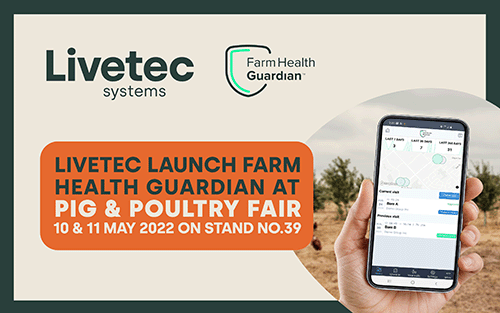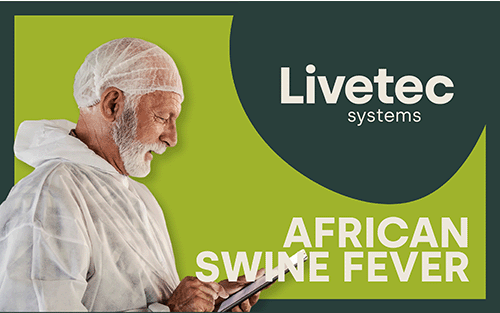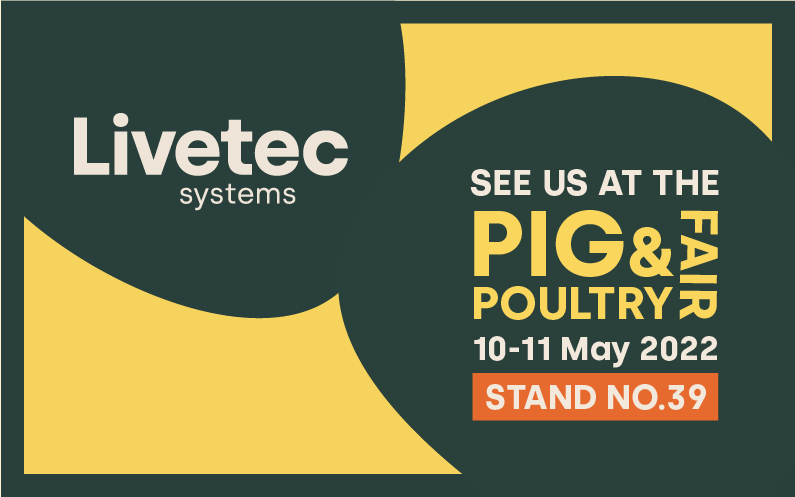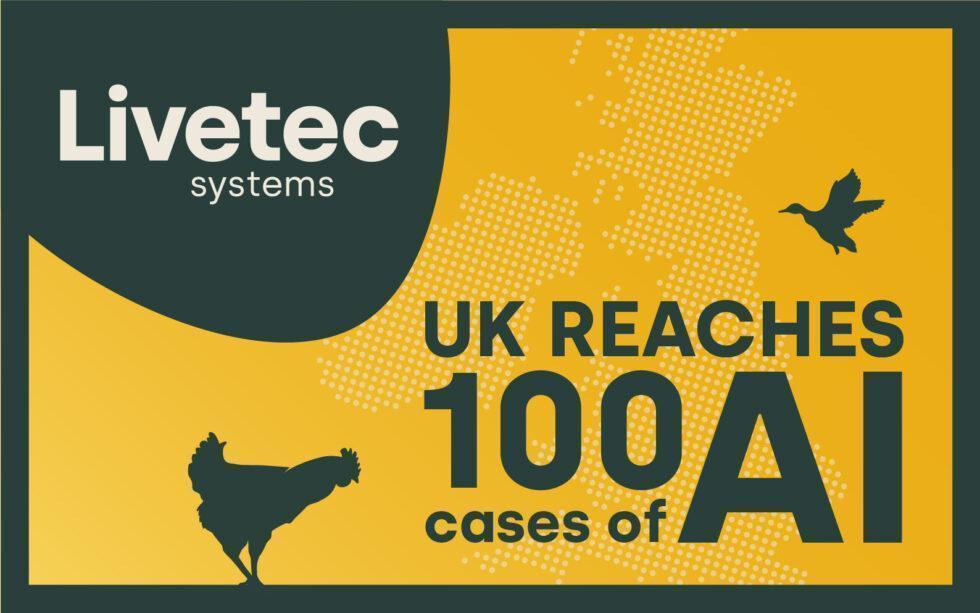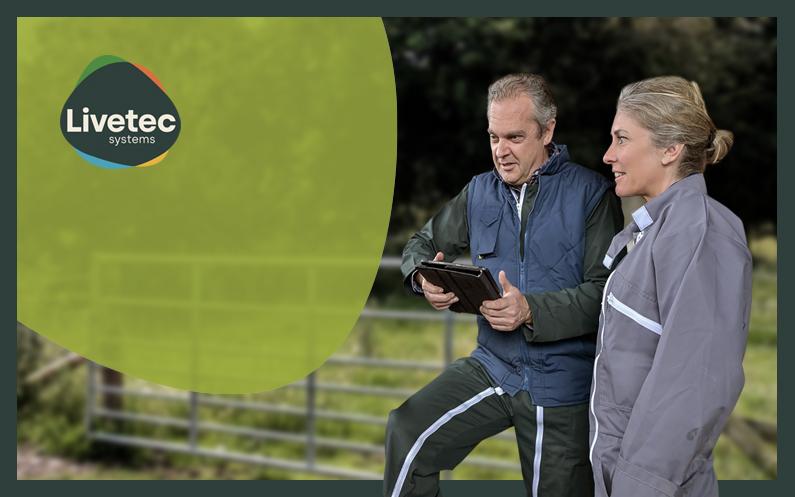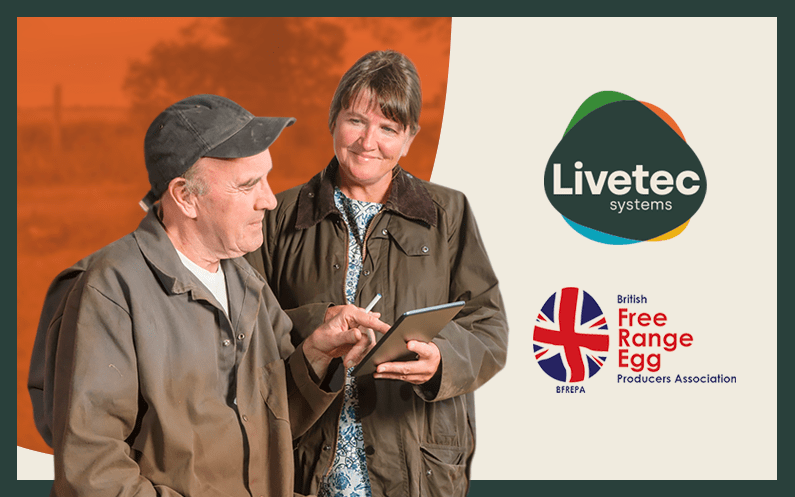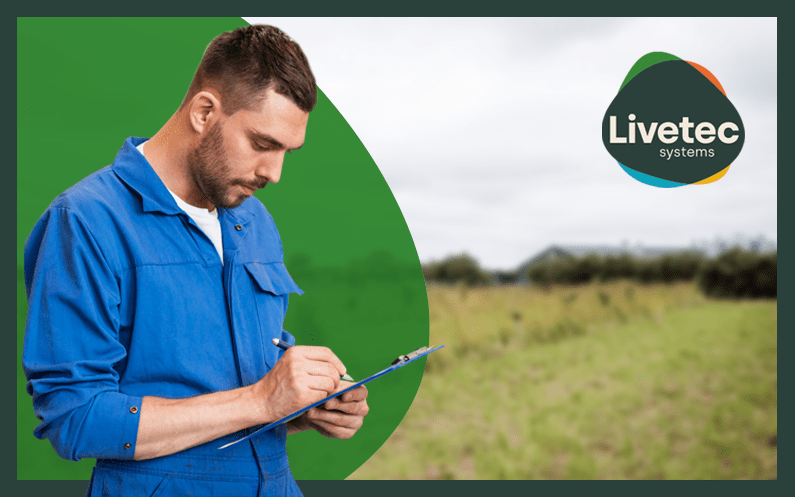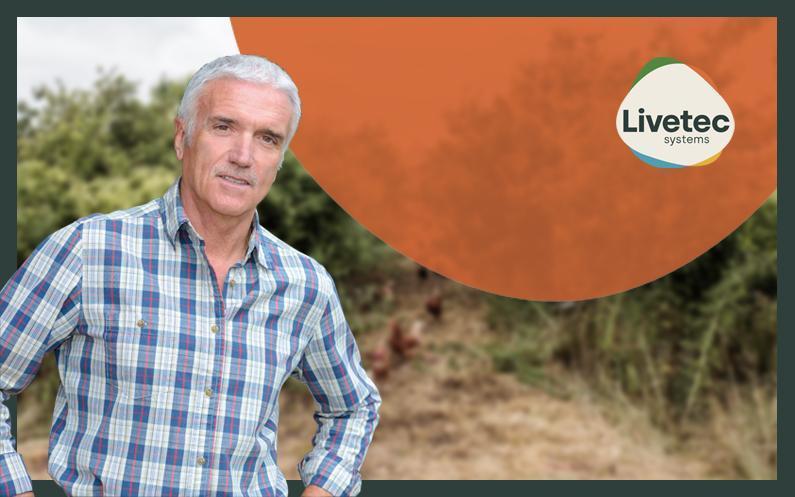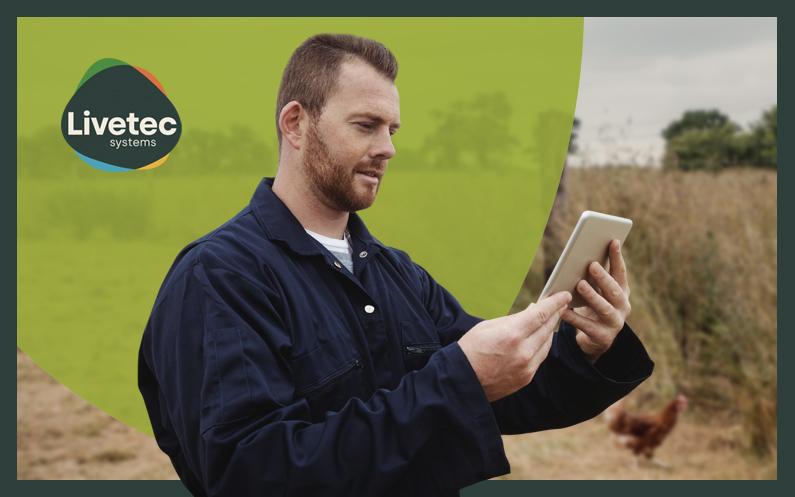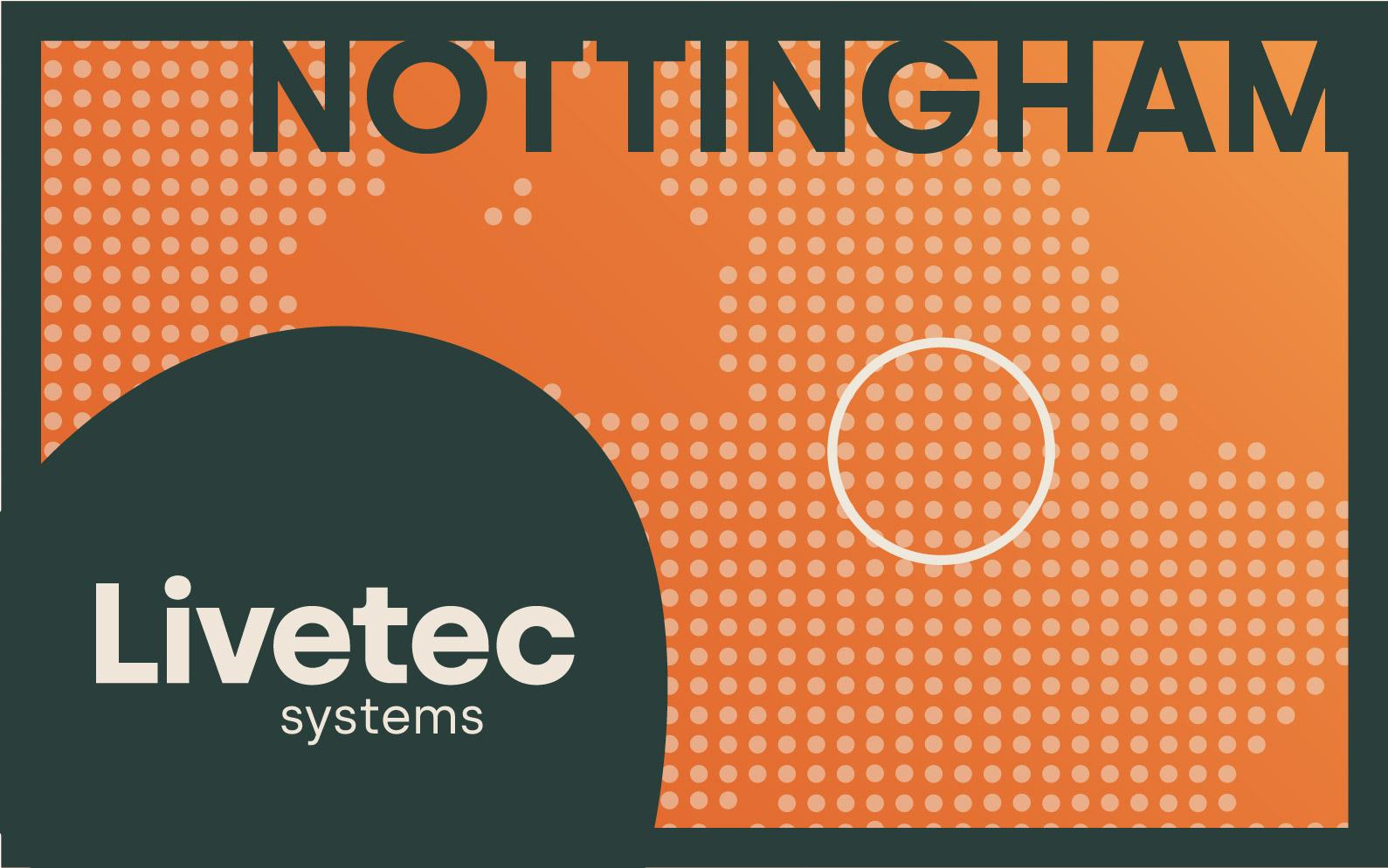It is essential that farm businesses maintain their biosecurity measures all year round, to protect against disease incursion. Relaxing the measures in place, or not following them could leave farm businesses vulnerable to an outbreak.
A comprehensive biosecurity plan is essential for protecting farms businesses from seasonal diseases, such as bird flu, as well as from the many endemic diseases that are present in the UK. Across the country, some of the most common diseases considered endemic include E. Coli, Coccidiosis, Chronic Respiratory Disease (CRD), Aspergillosis, Salmonella, Infectious Bronchitis and, Blackhead Disease. All of these diseases can cause great harm to livestock and farm businesses.
If you have a biosecurity plan in place, not maintaining the measures outlined in your plan could leave your farm vulnerable, and this doesn’t only apply to poultry farms. Emerging diseases like African Swine Fever (ASF) are also a huge cause for concern for pig farmers in the UK, as the disease continues to spread through Europe.
What you do in the day-to-day running of your farm is extremely important in stopping the introduction and spread of these diseases.
Here are some of the ways in which farm businesses can maintain their biosecurity:
- Regularly update and strictly follow and implement the measures outlined in your biosecurity plan
Your biosecurity plan should be built completely around your farm business. It should encompass every aspect of how your farm works and how biosecurity measures should be applied to each of these activities. The plan should include the movement of vehicles, equipment, buildings on-farm, their placement on the premises and the maintenance of them, your staff access, pest control to prevent unwanted visitors and more.
There can be no exceptions to these measures, as slightly relaxing them can leave birds susceptible. The protocols in place should be strictly enforced at all times, as it only takes a small amount of contaminated material for an outbreak to occur, which can have a wide range of detrimental implications.
You must continually assess each aspect of the plan and review whether the measures in place are still relevant, are being followed, and if they need to be updated.
- Promote the importance of record keeping
Record keeping is a crucial part of good biosecurity. Having a well documented log of who was allowed access to the premises, and when, from general visitors, animal health professionals to delivery drivers is absolutely essential. This way, if there is an outbreak of disease, it can be traced back to the source.
Another aspect of record keeping includes tracking vaccinations, as well as any other health information for the livestock on-farm. This tracking needs to be physically accessible, preferably digitally to allow for complete transparency on the livestocks health. The Animal Plant and Health Agency (APHA) continues to highlight the importance of good record keeping, as during an outbreak it aids in the traceability of the introduction of the pathogen.
Farm Health Guardian by Livetec offers unique record keeping support. The biosecurity management software records the movement of trucks and people on and off farm properties for rapid contact tracing in the event of a disease outbreak. The records are stored digitally, meaning they are safe and easy to access.
- Educating yourself and others about the importance of biosecurity and how they must practise it on your premises
Everyone who enters and leaves your farm premises has the potential to introduce disease. Anyone entering or leaving the premises must be educated prior to entering of the measures that you have in place, and how to practise them when on-farm.
You should also ensure that your workers are trained to spot the symptoms of the different relevant diseases for your livestock, and to be vigilant as disease is not always obvious, especially in the early stages of infection.They should be up-to-date with what the latest advice is from the Department for Environment Food & Rural Affairs (Defra) and how to react should they suspect an outbreak on your farm.
Workers need to be aware of the key areas through which disease can be transmitted to your premise. The main culprits are:
- The movement of animals between and around farms as well as the introduction of new animals
- Having close or direct contact with neighbours’ animals
- The sharing of farm equipment, machinery, vehicles, feed and bedding between local farms
- Farm workers from other farms and workers movements around the premise
- Visits from people with pets and their personal vehicles
- Wildlife, vermin and wild birds getting access to your livestock
- Your livestock drink from contaminated ponds, rivers and streams
Working with Livetec
At Livetec, we are passionate about helping farmers build the future of livestock protection with our industry-leading biosecurity solutions, support and guidance. Our biosecurity services are delivered by experts and backed by over a decade’s worth of academic and scientific research.
We know that biosecurity is vital to all farming operations, which is why we are dedicated to helping farmers navigate unexpected challenges with comprehensive biosecurity plans that outline the best-practice preventative measures, designed to help drive down risks and ensure business continuity.
Our unique biosecurity advisory service and biosecurity management software, Farm Health Guardian support farmers across the UK, ensuring they are operating in the safest way possible, with the highest level of disease prevention in place.
Click here to learn more about our biosecurity solutions and how we can help you protect your farming operation.

